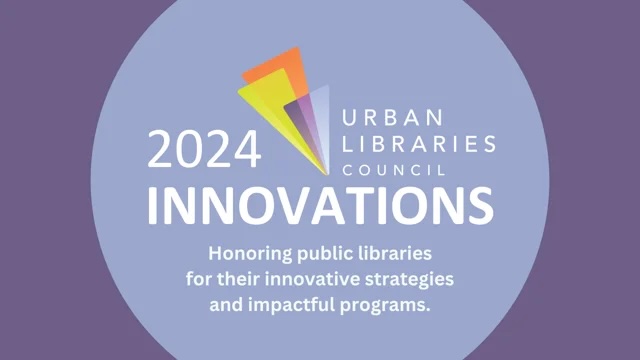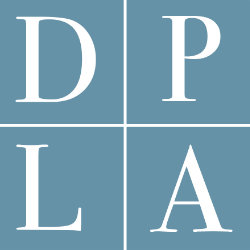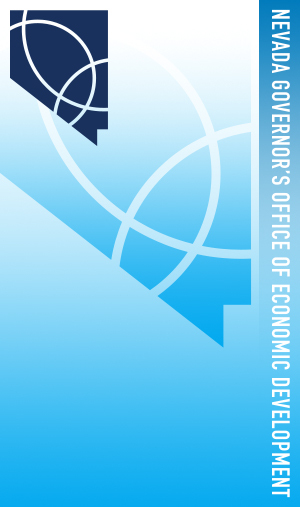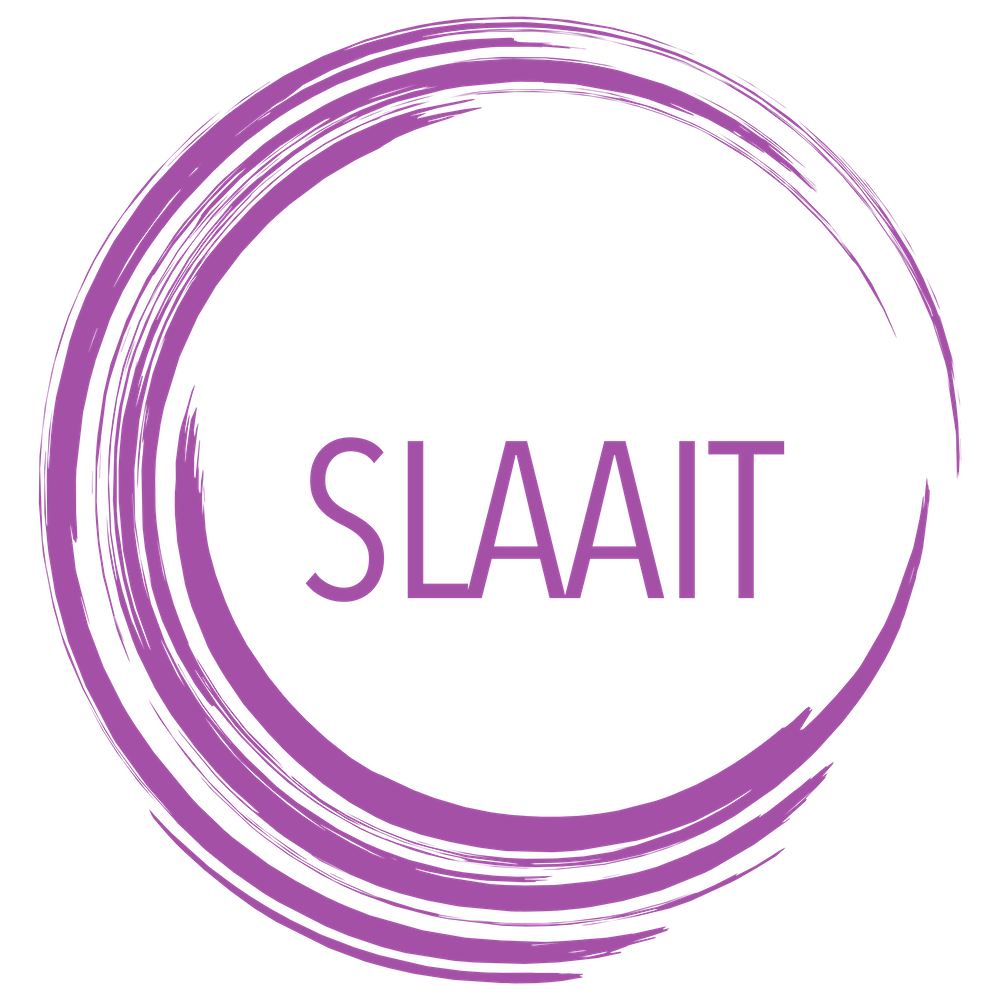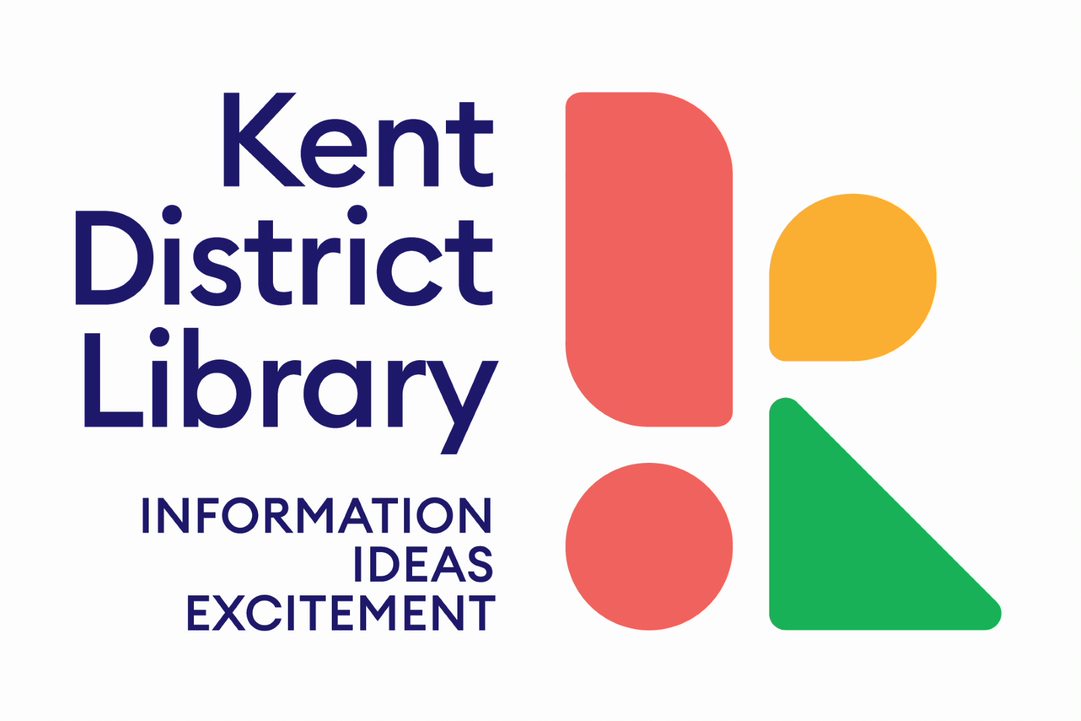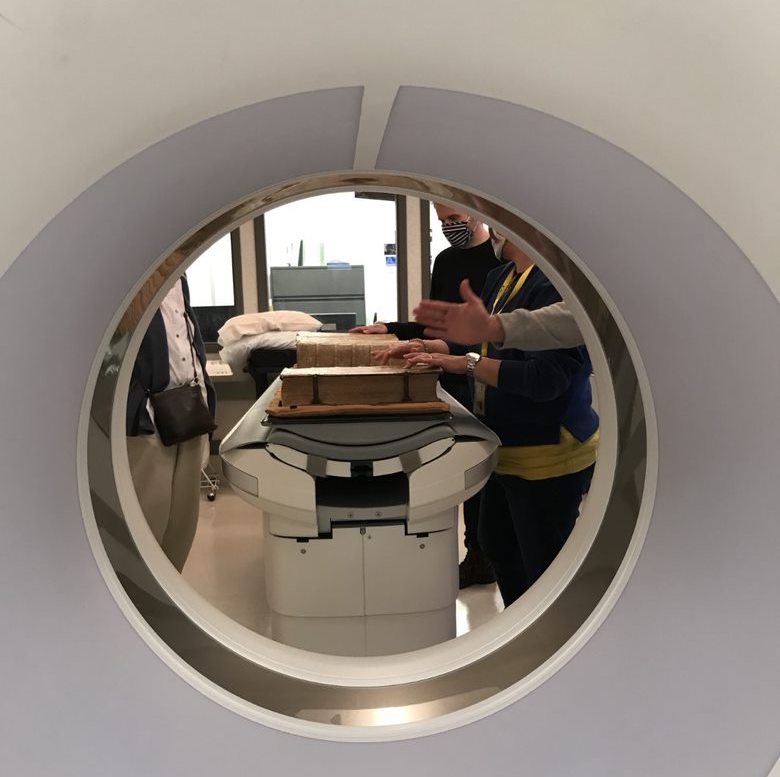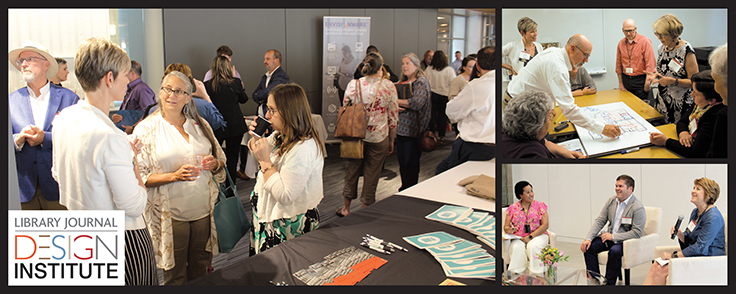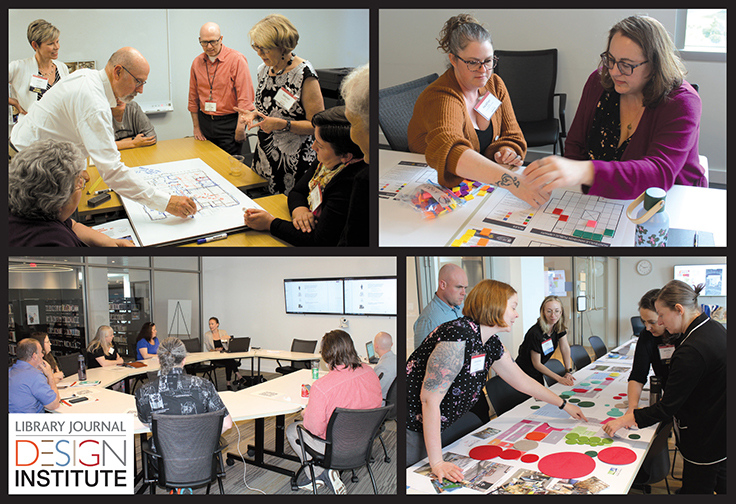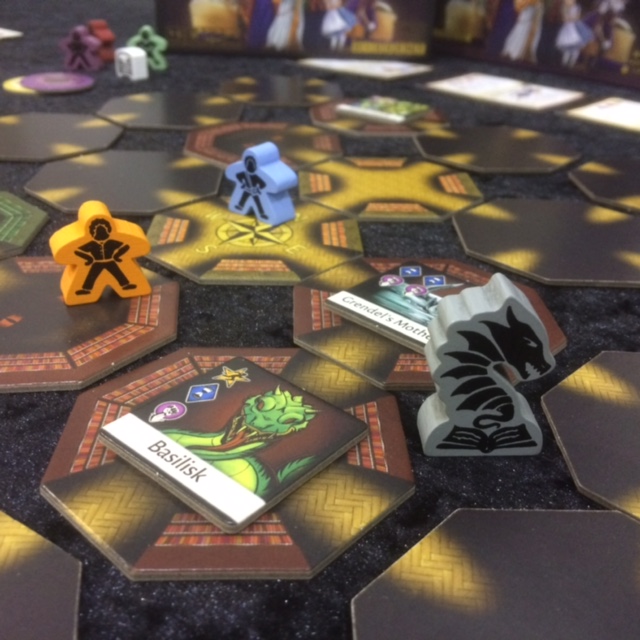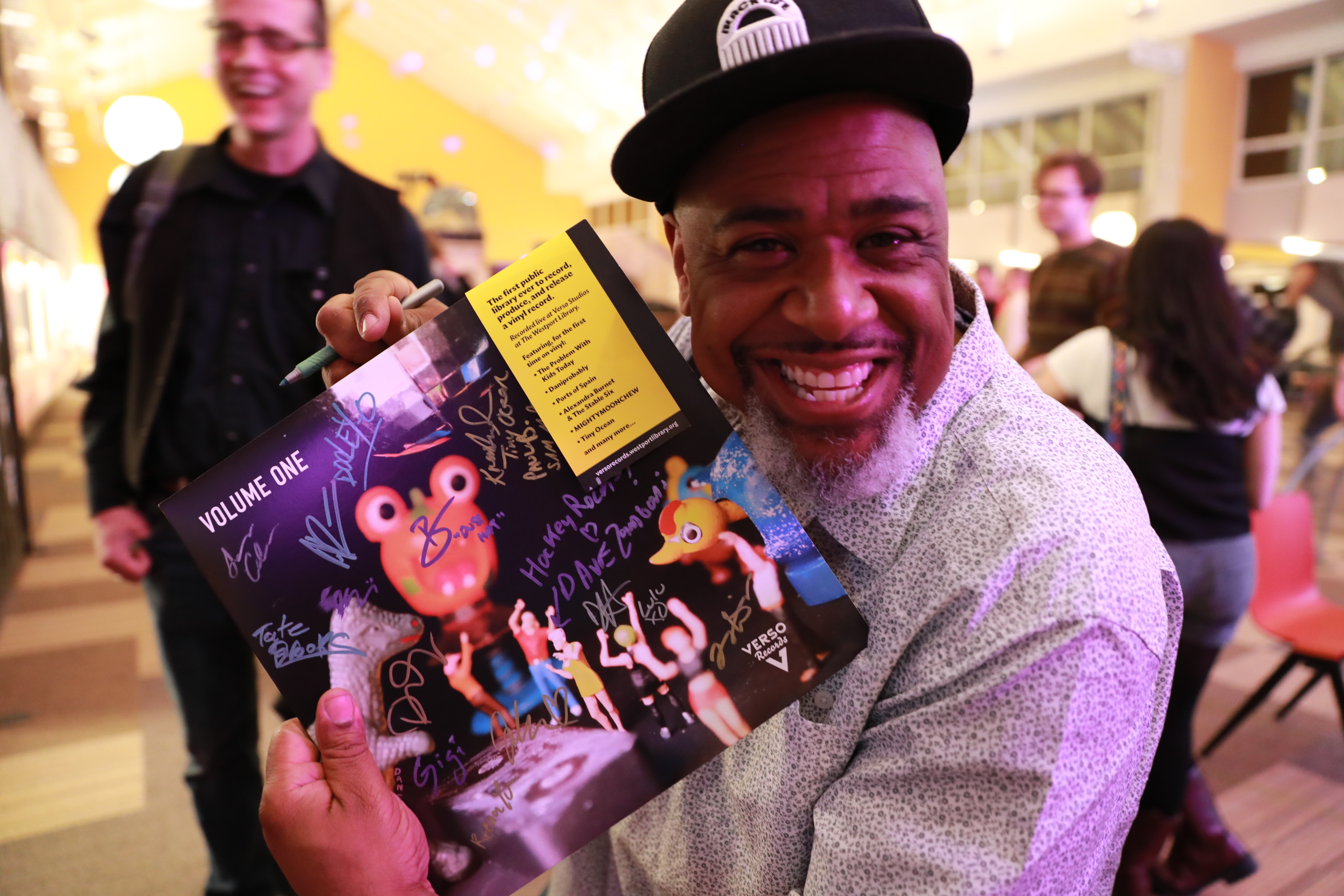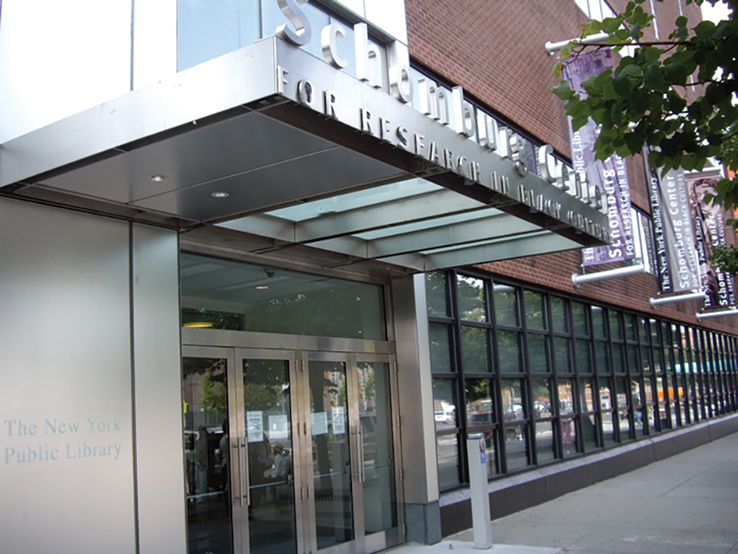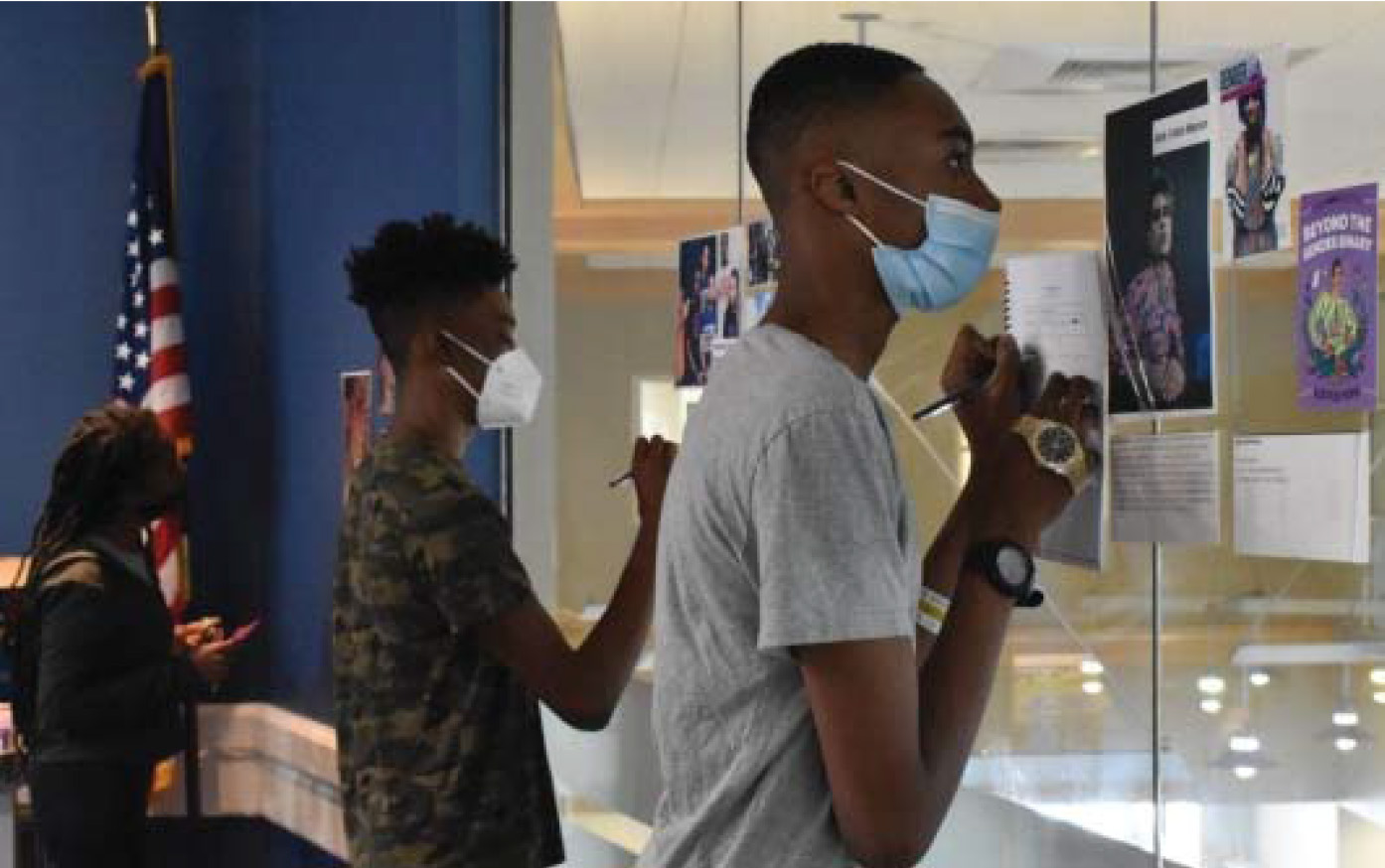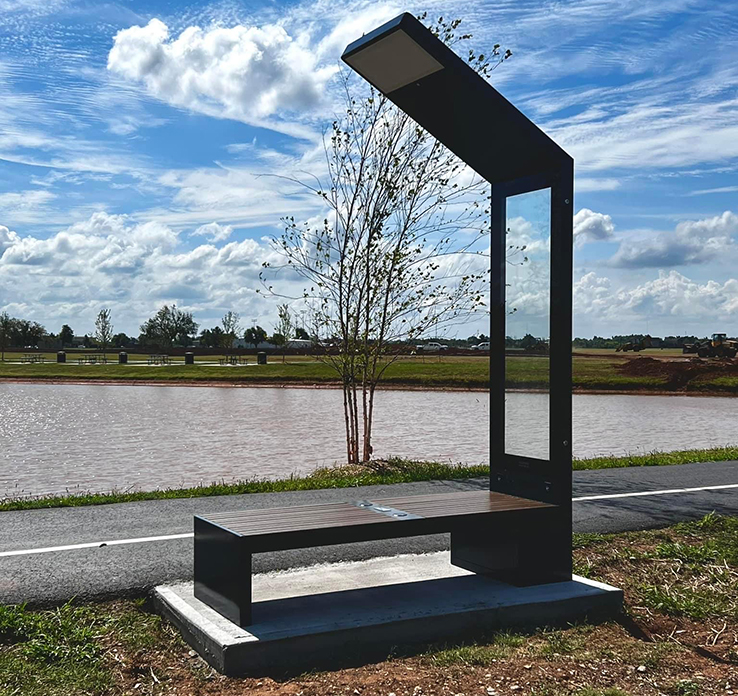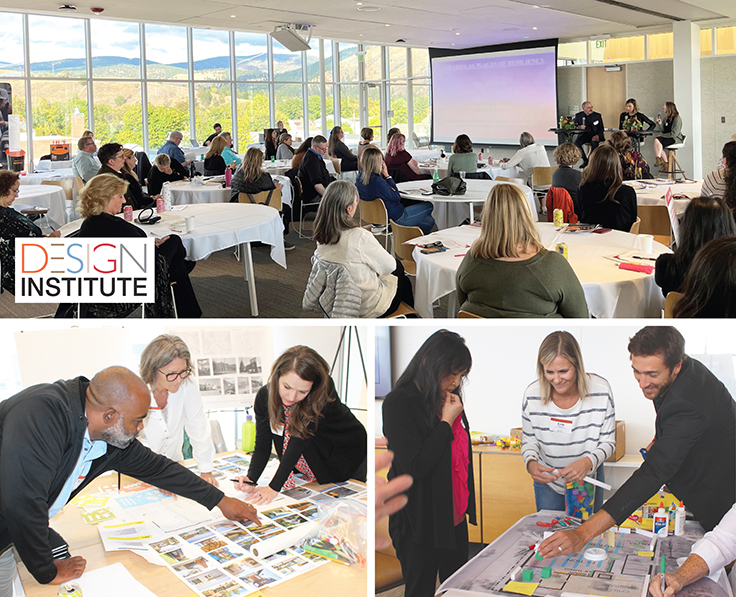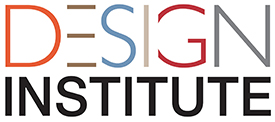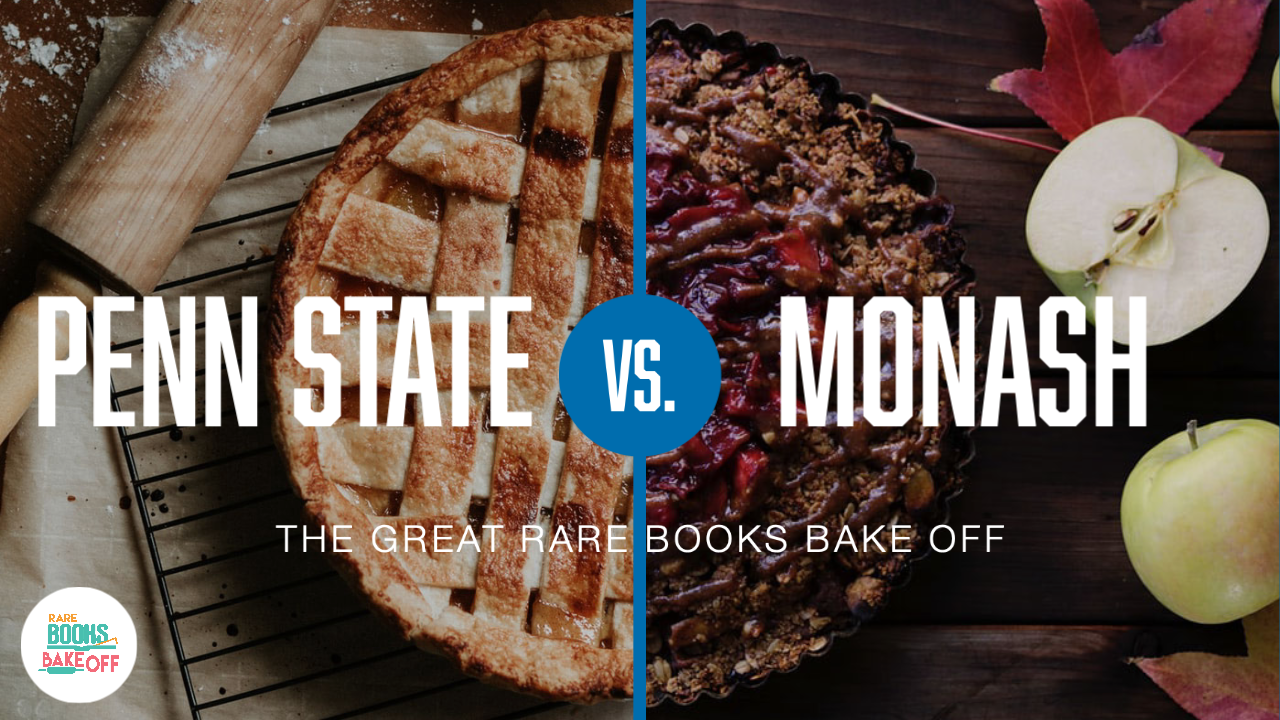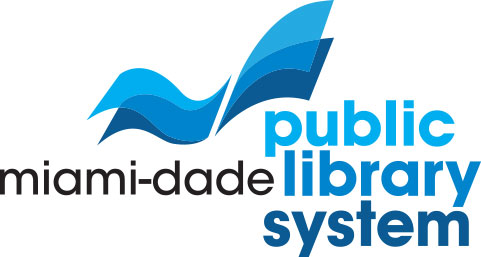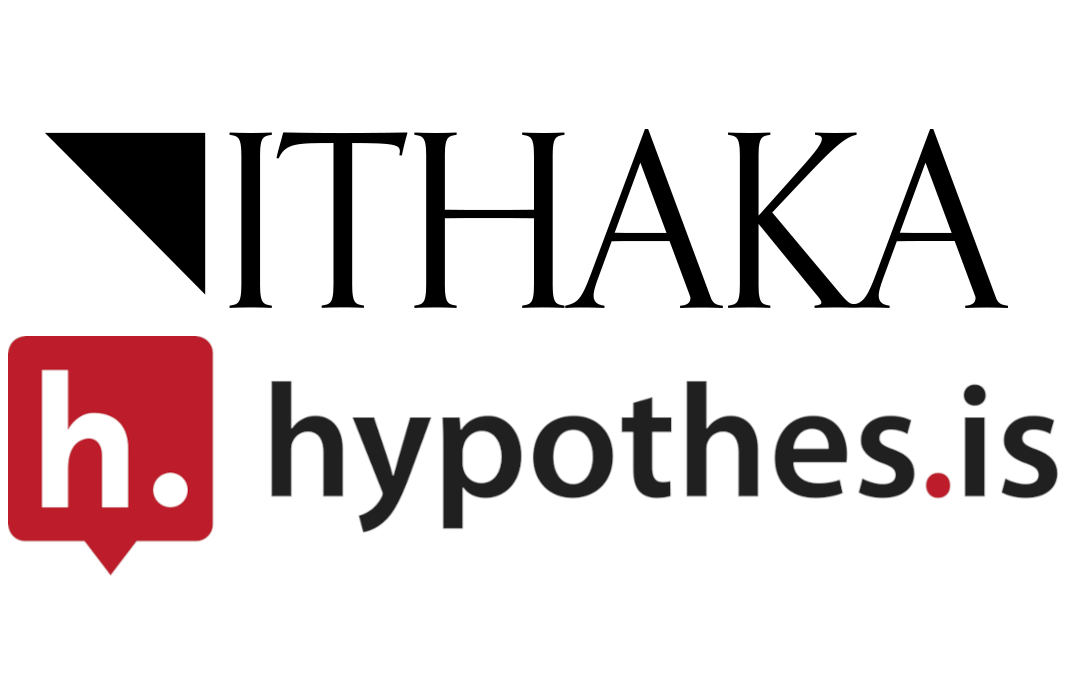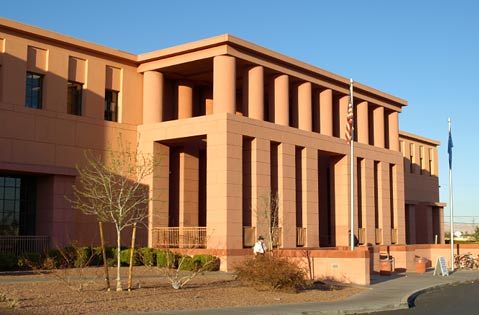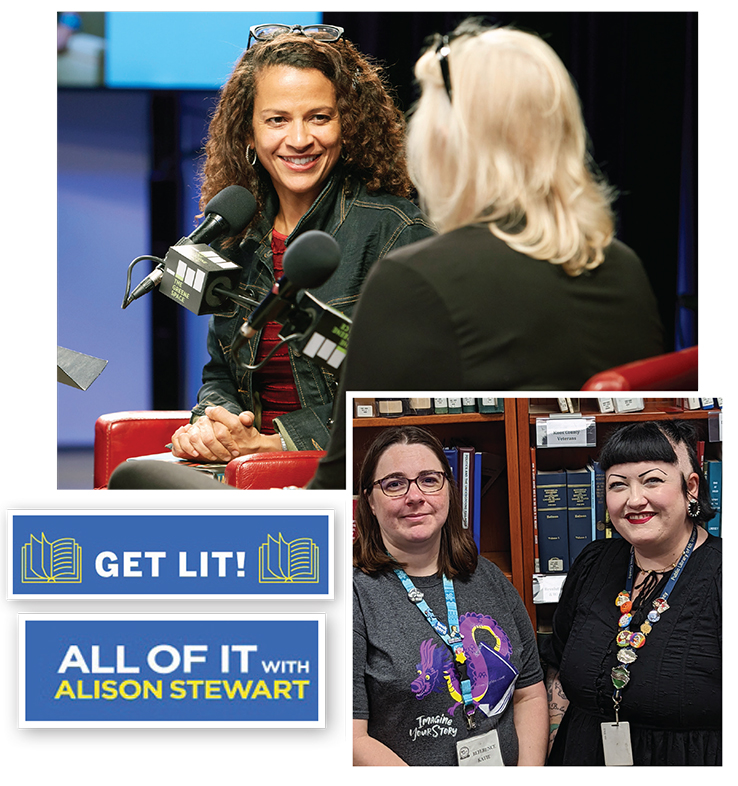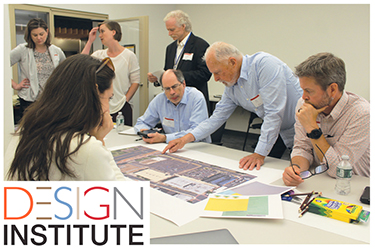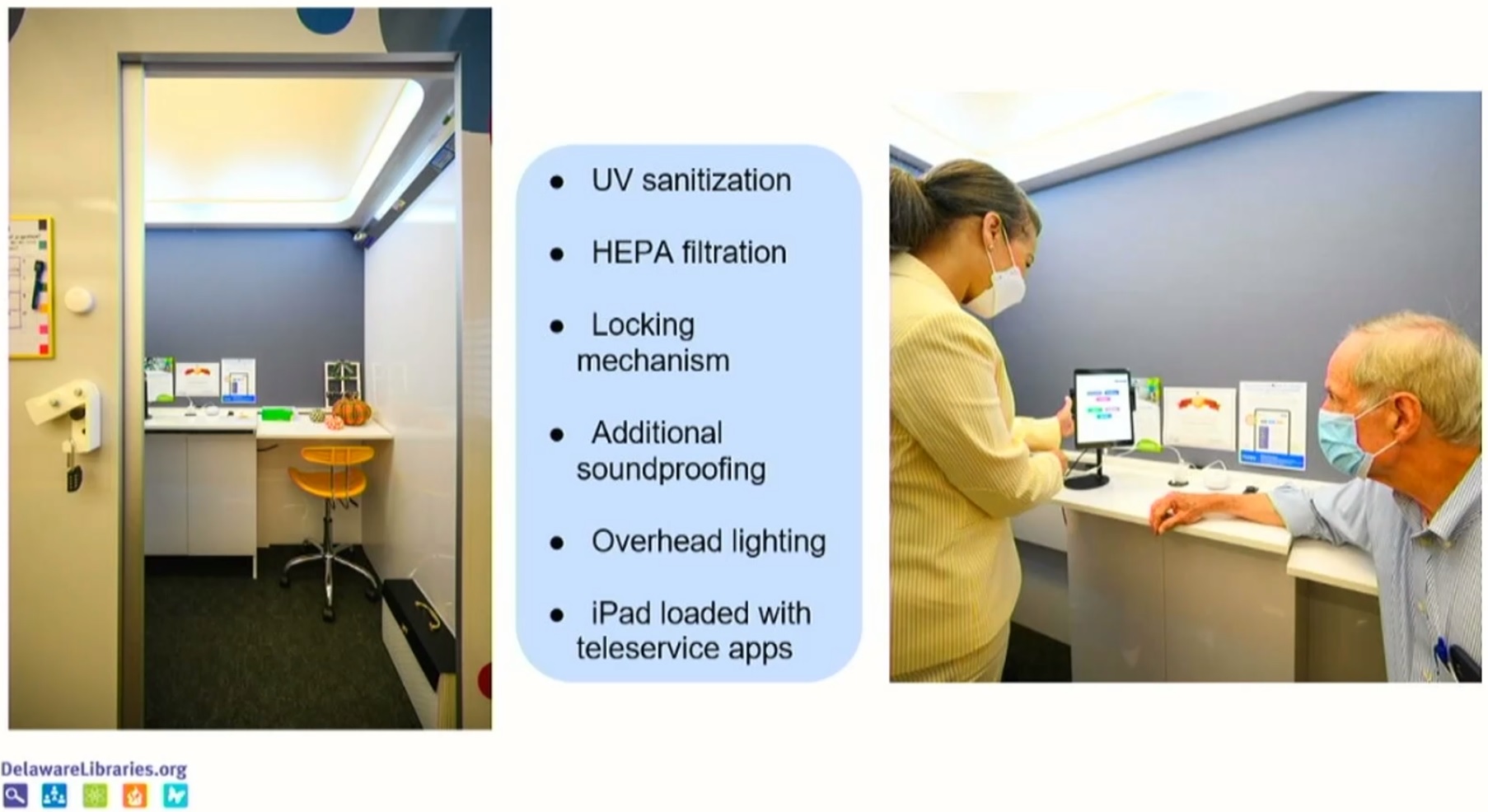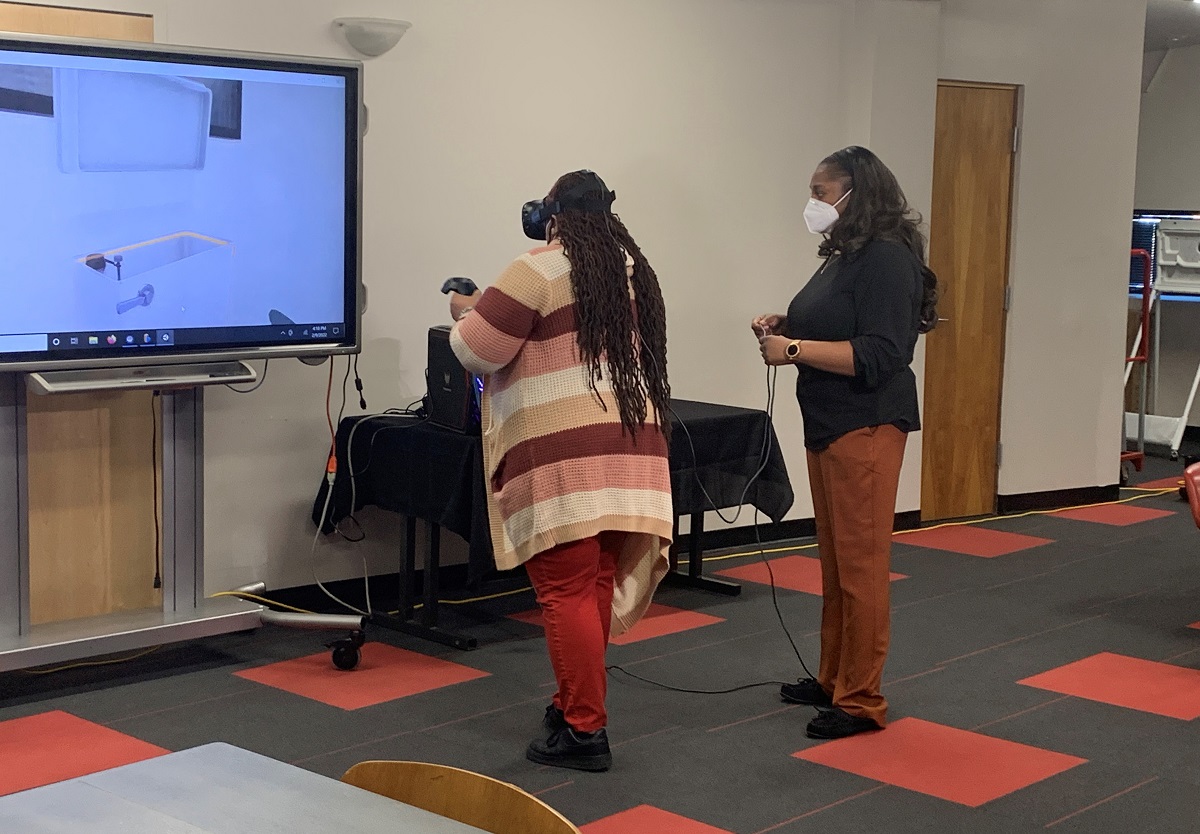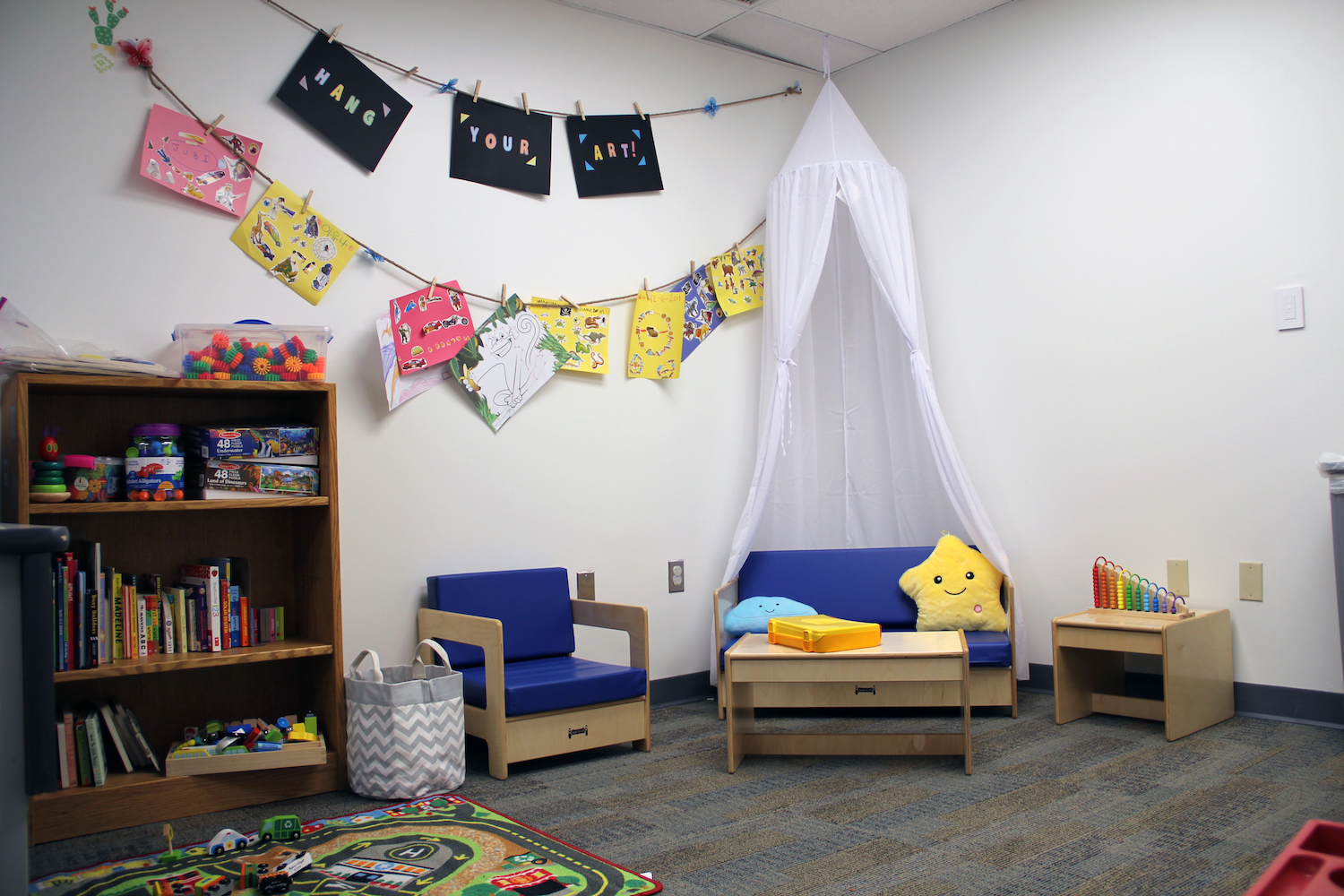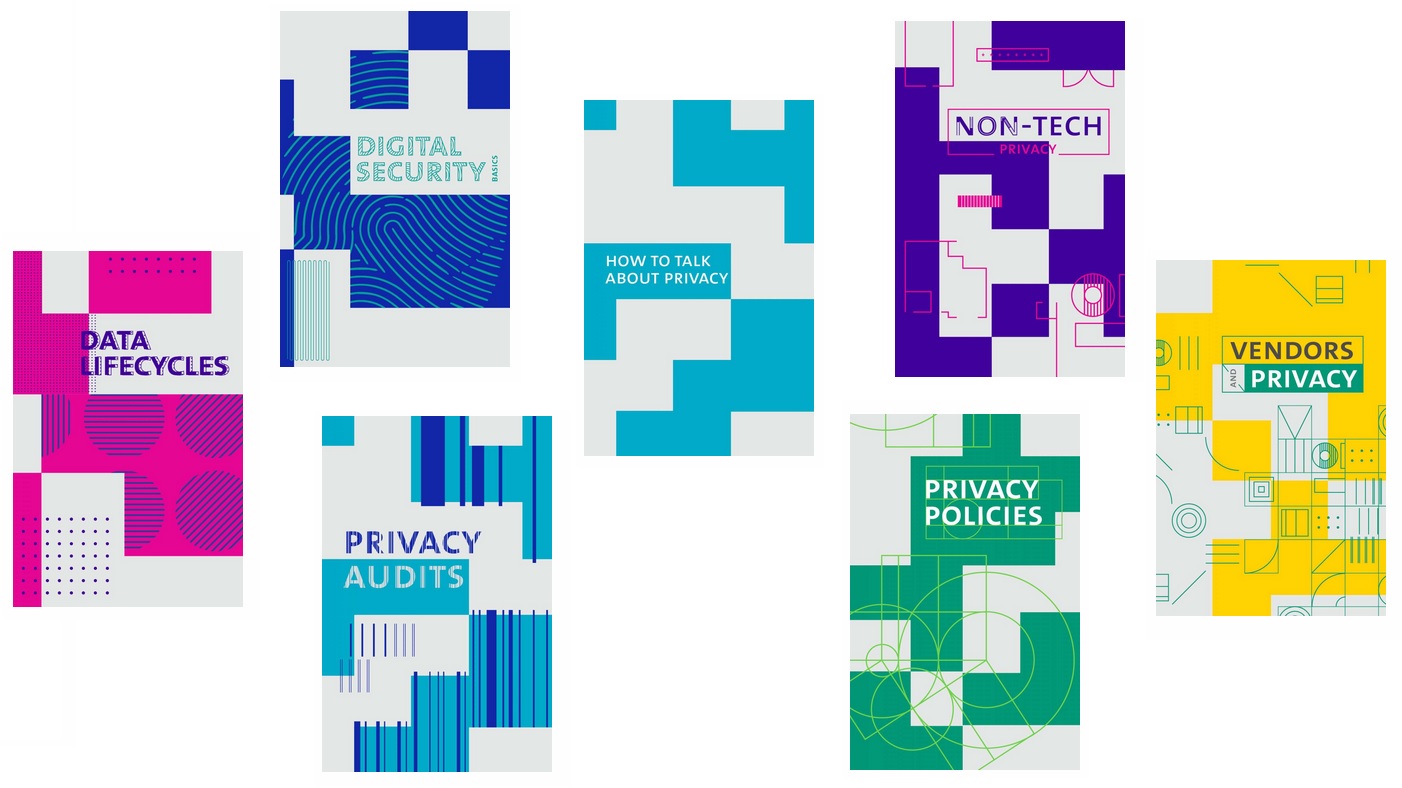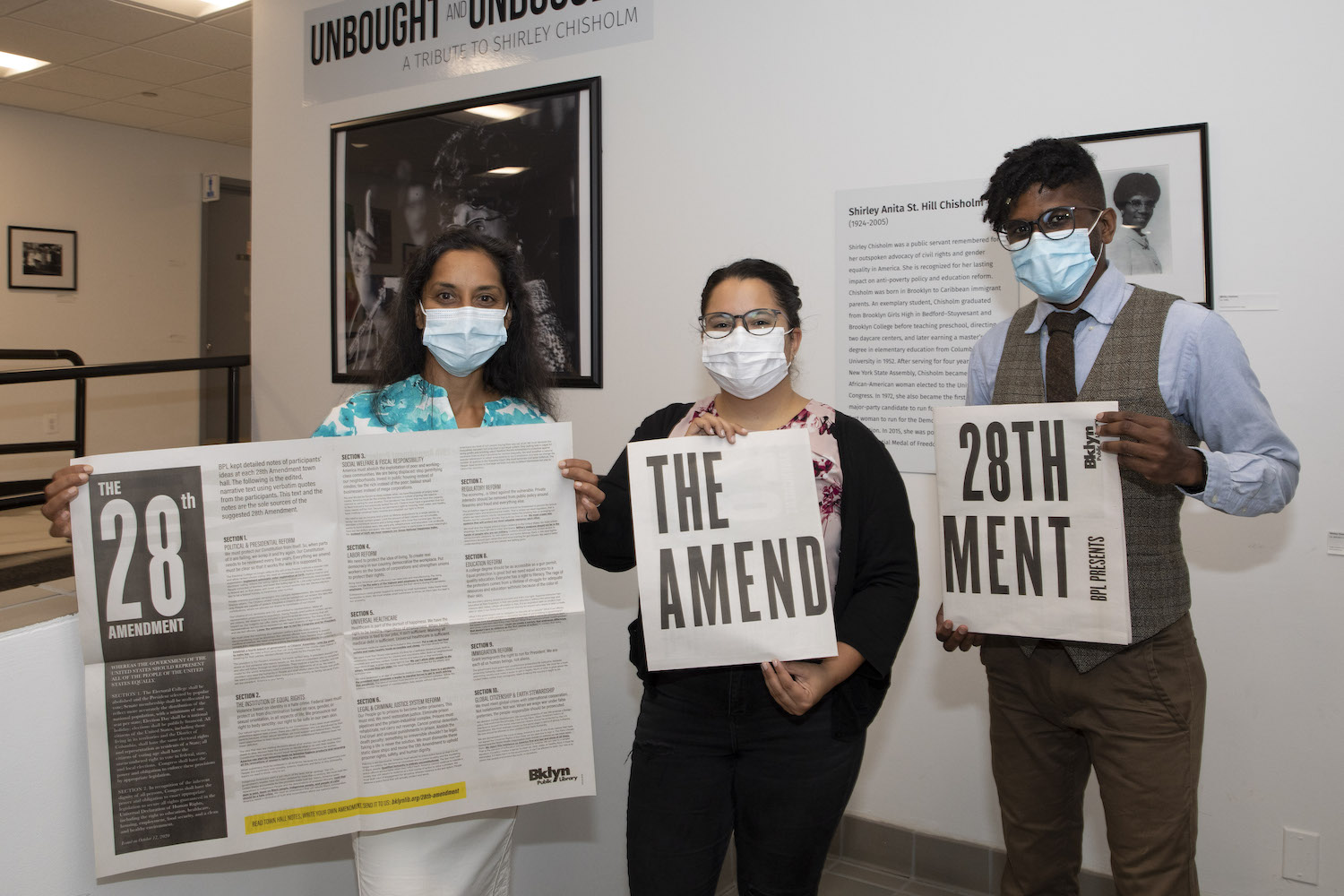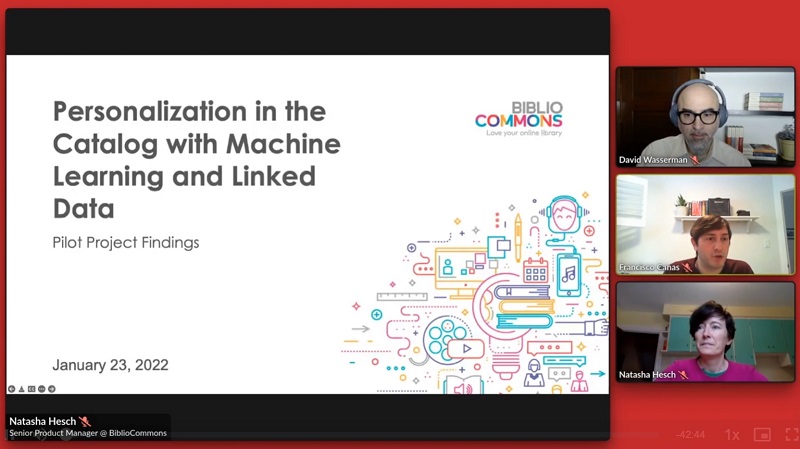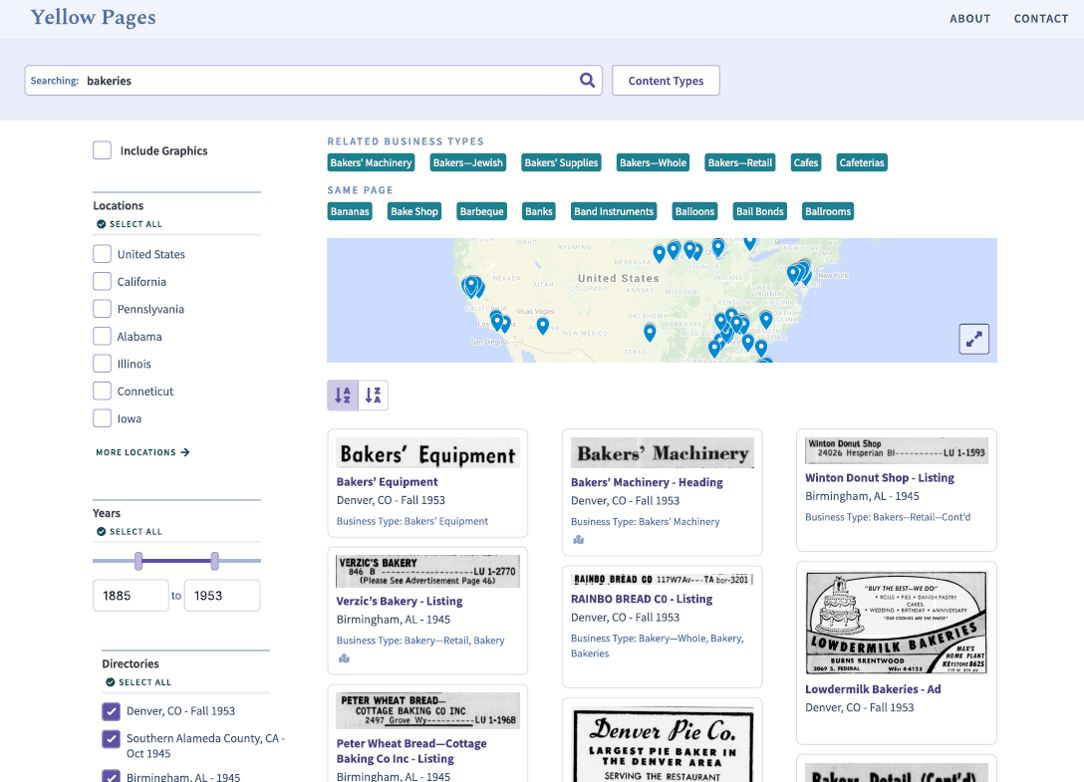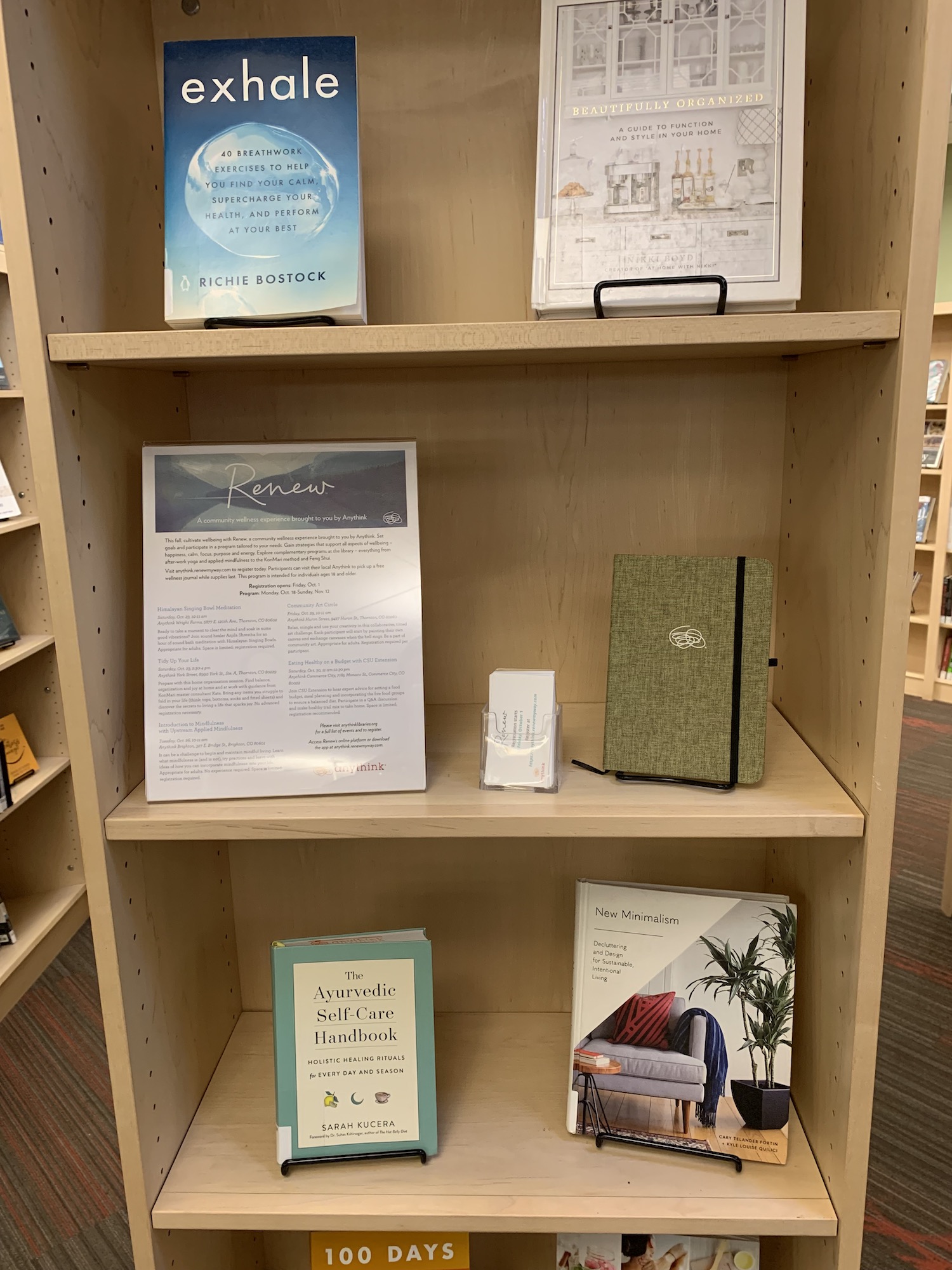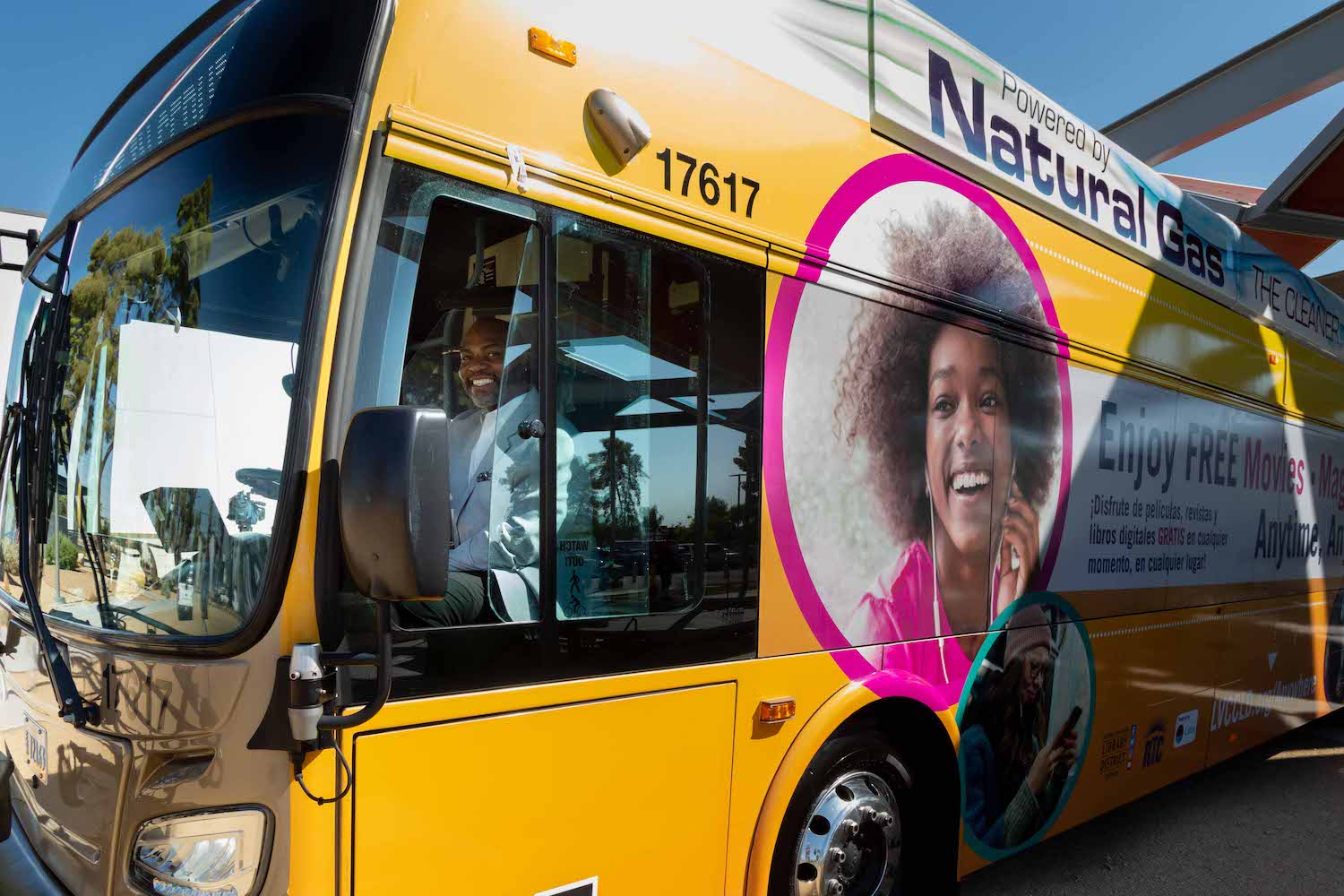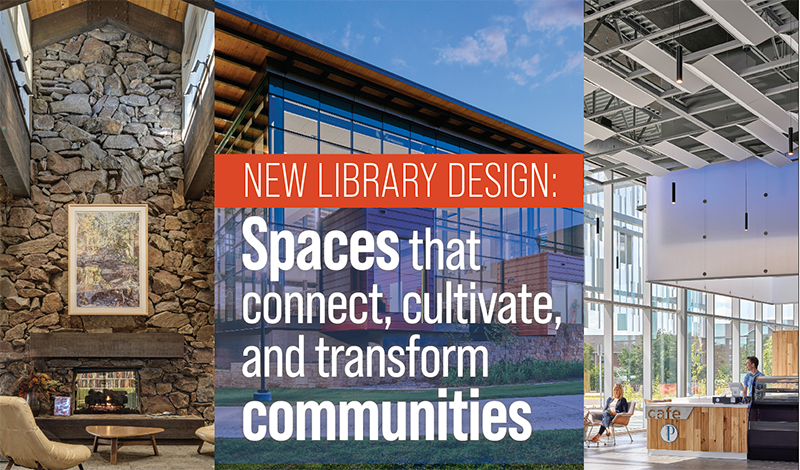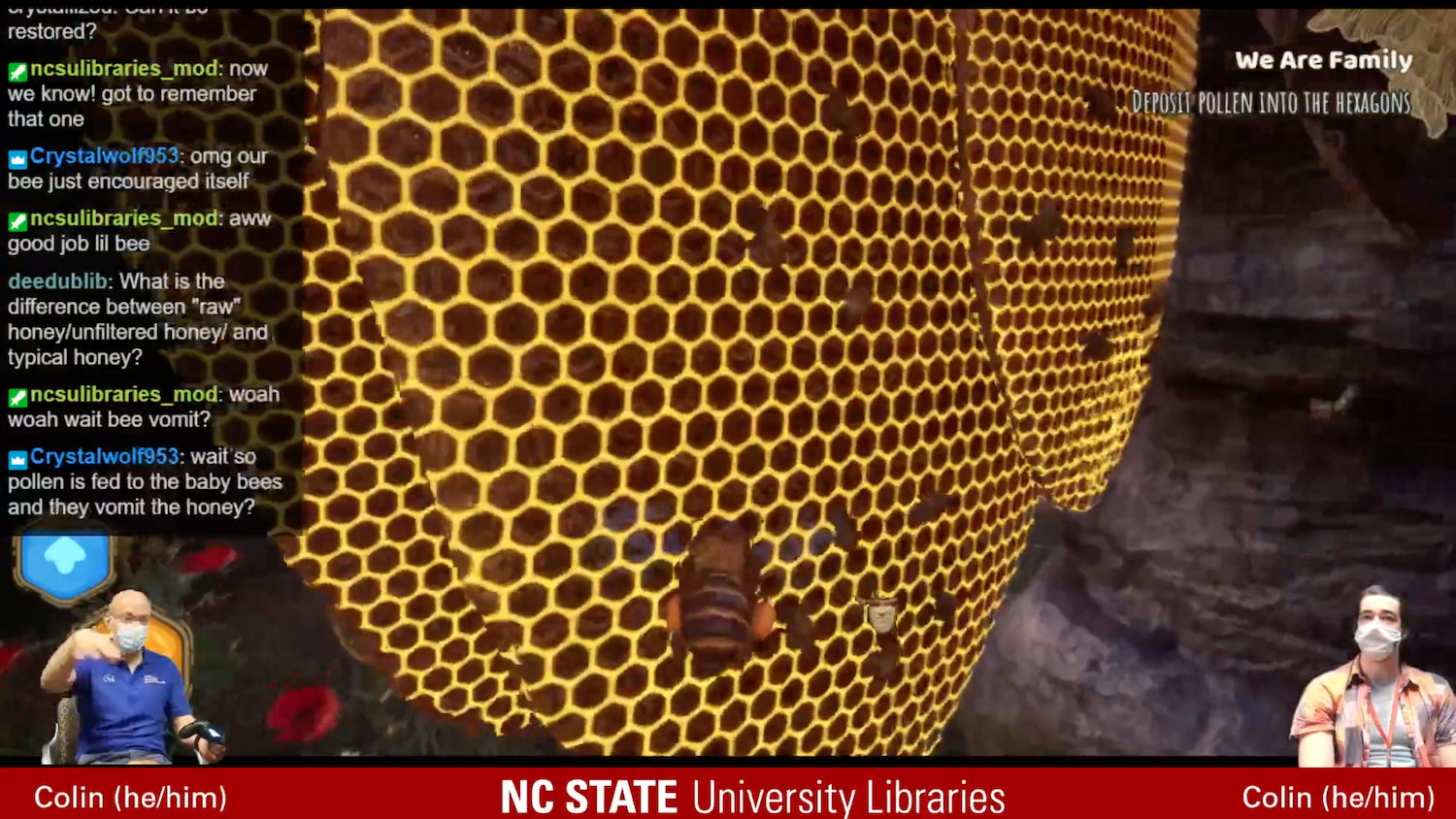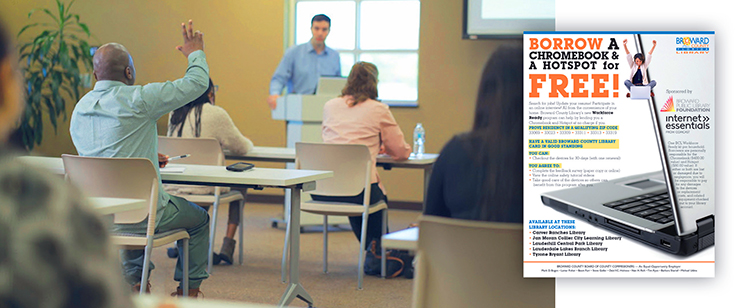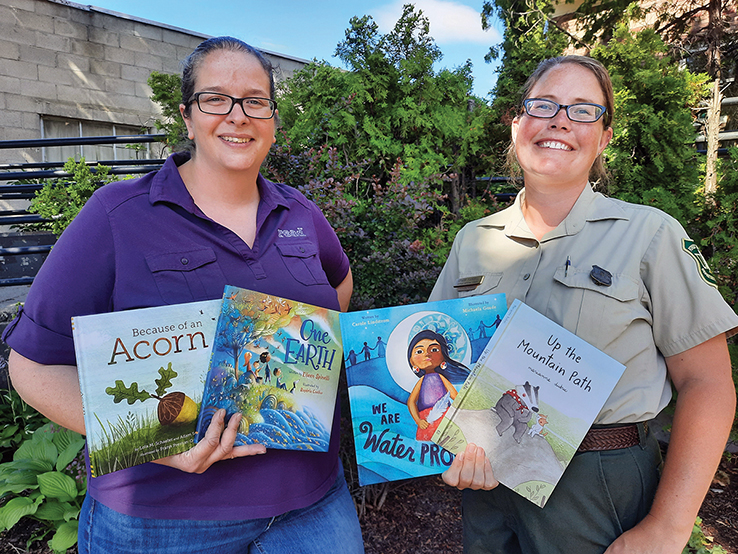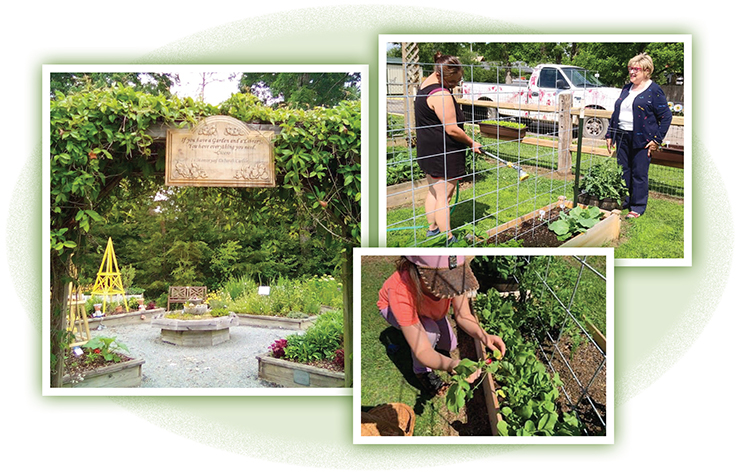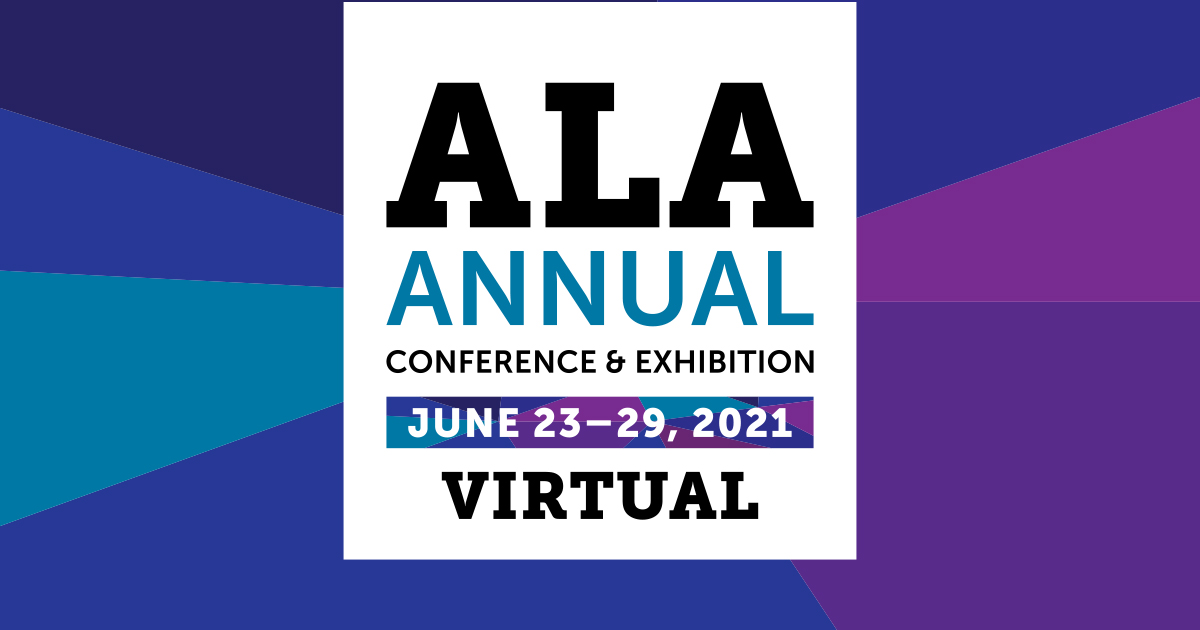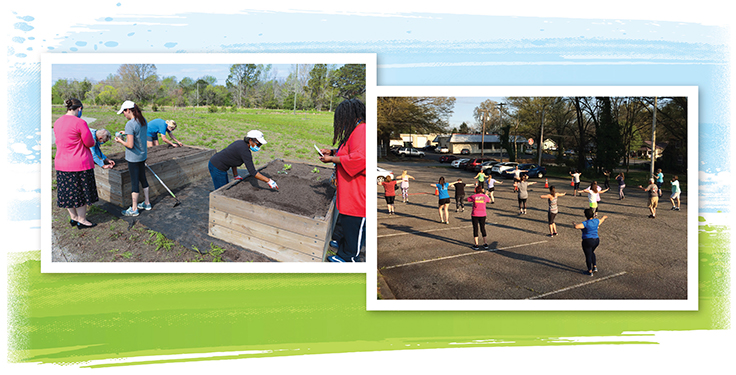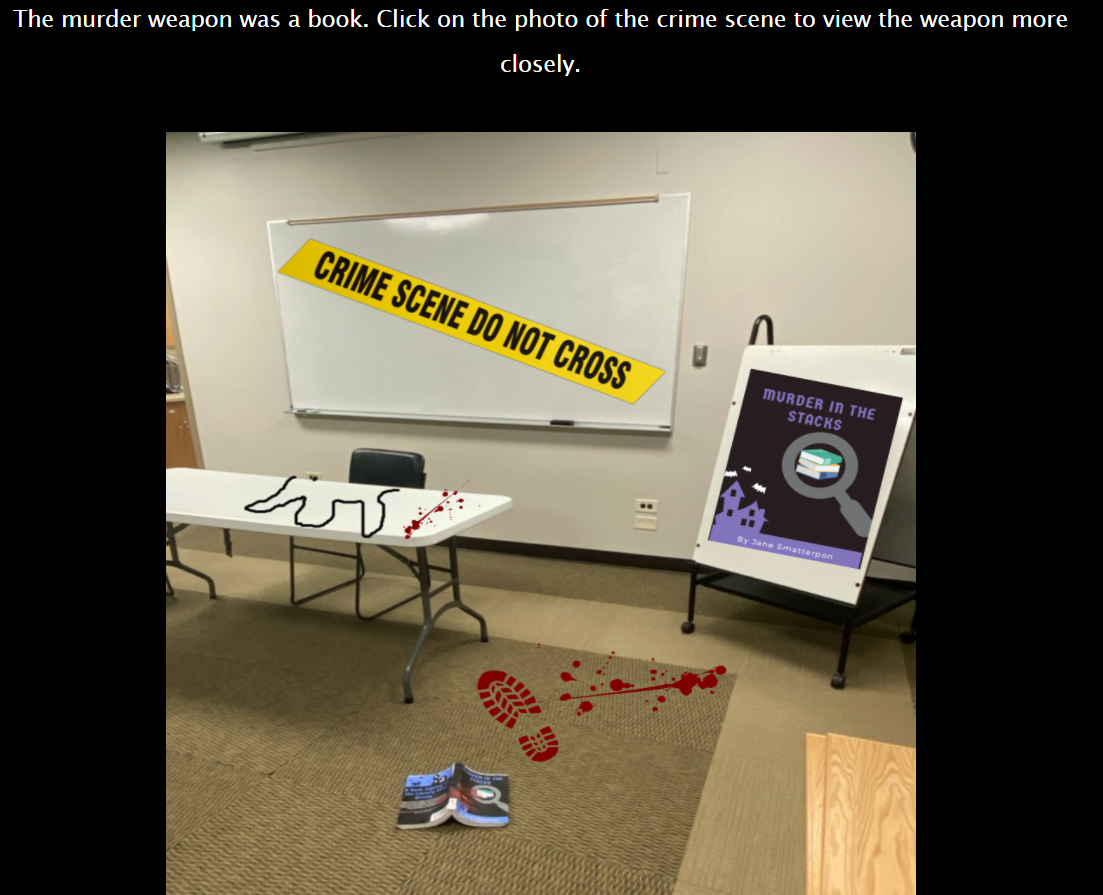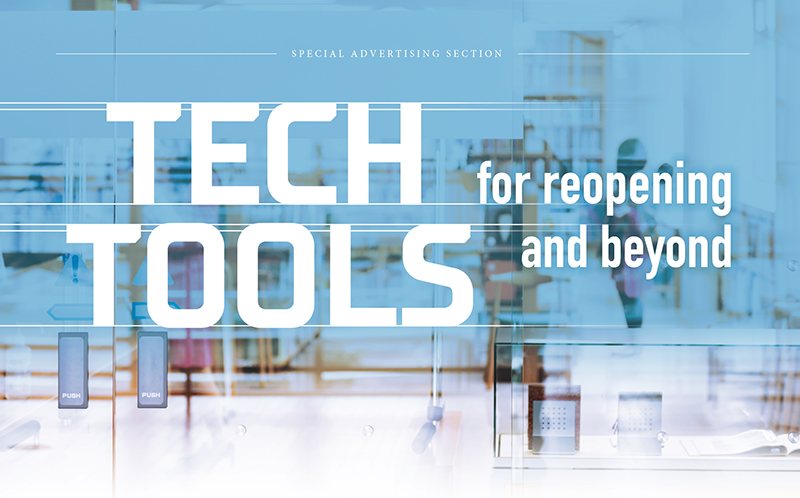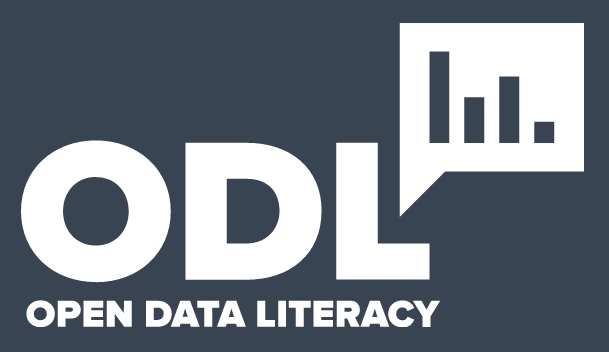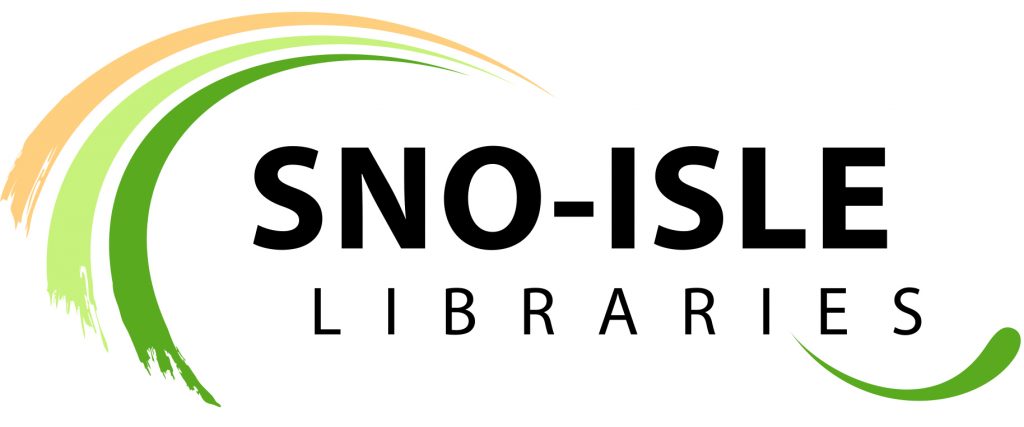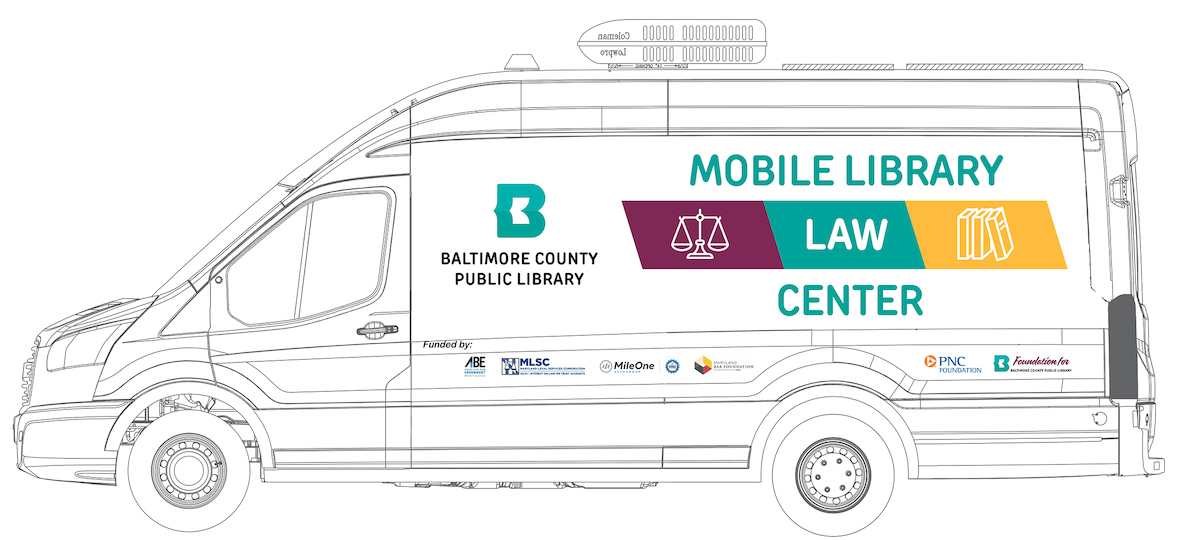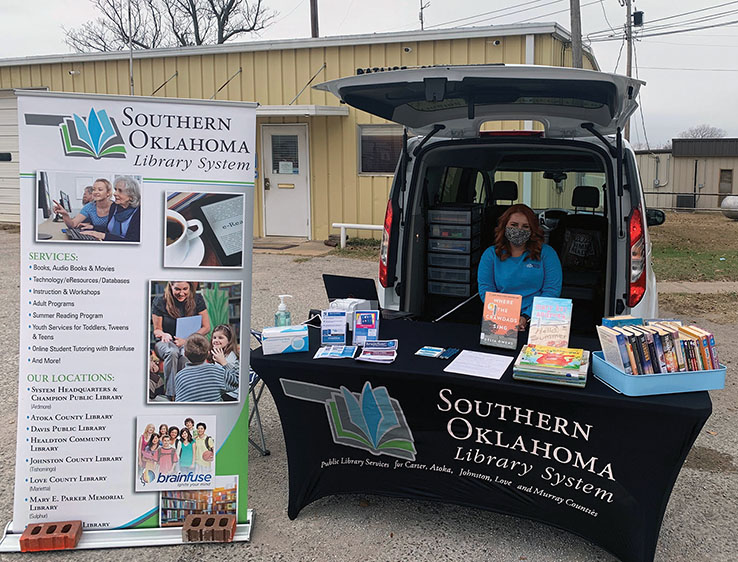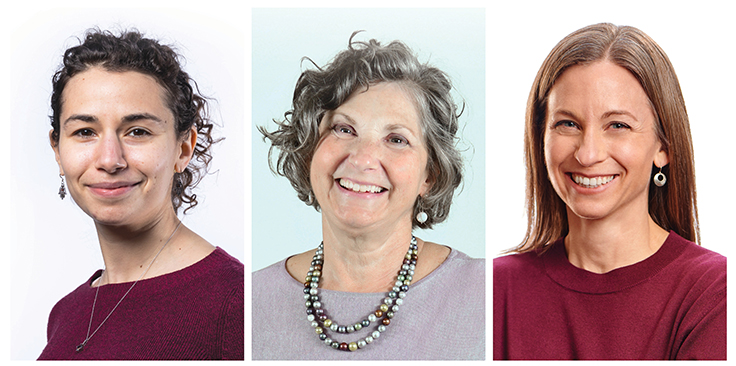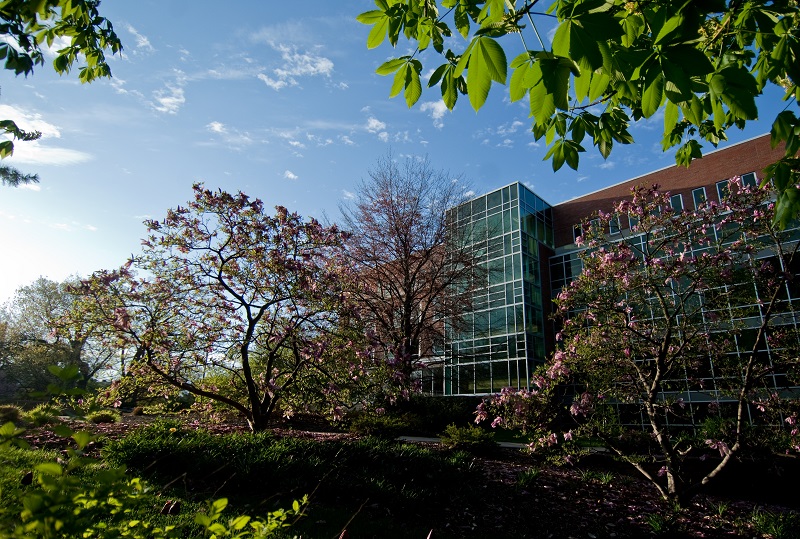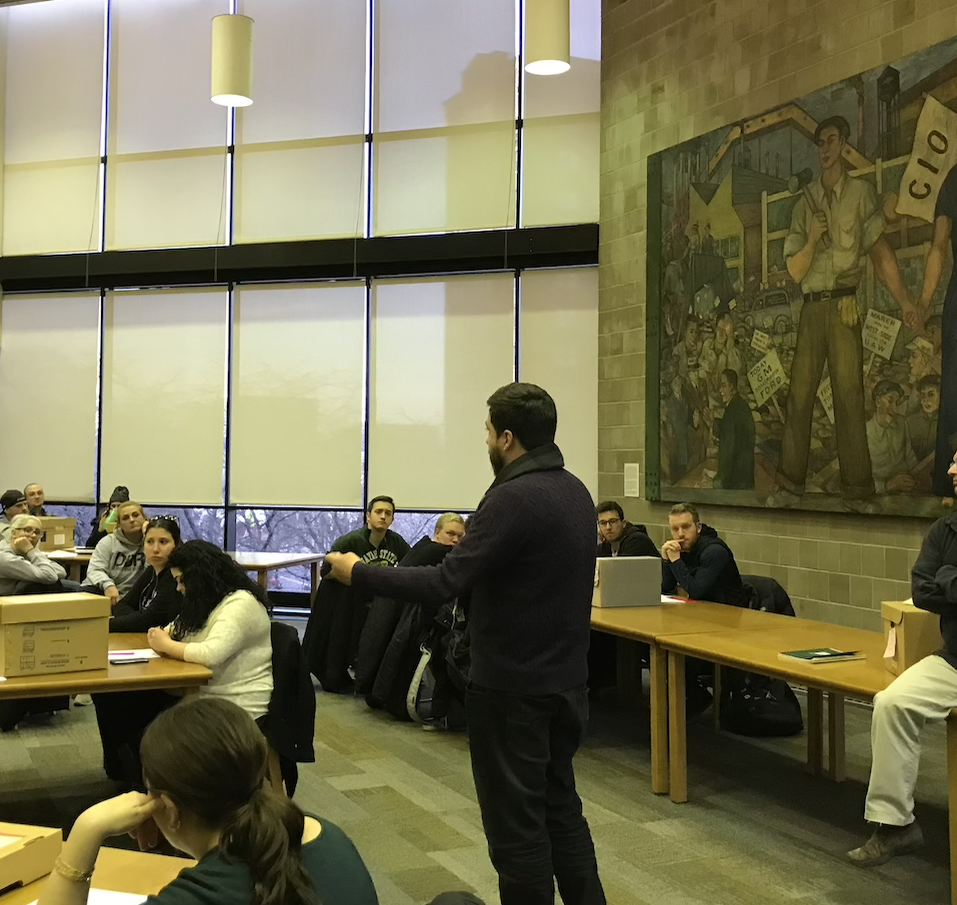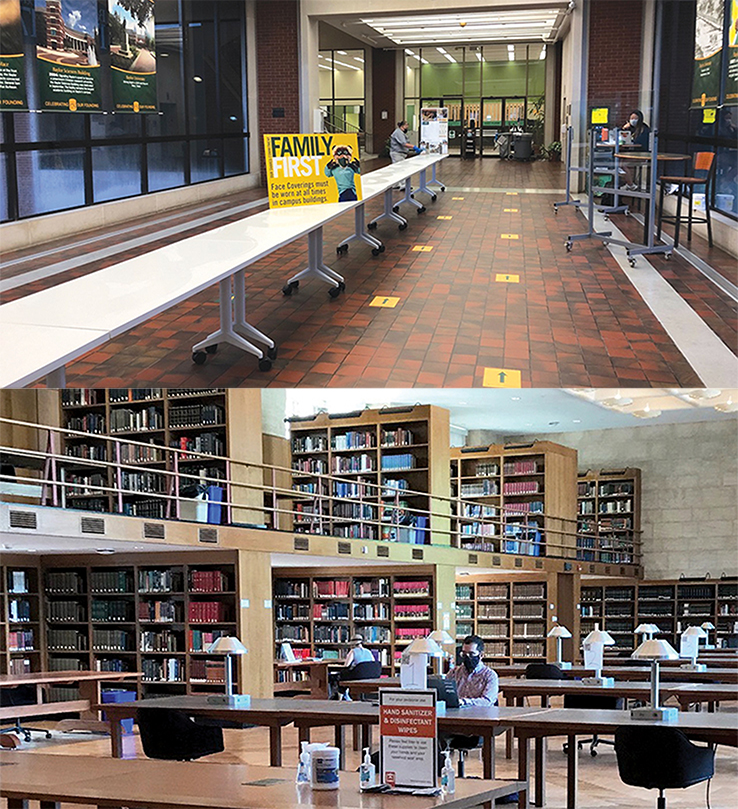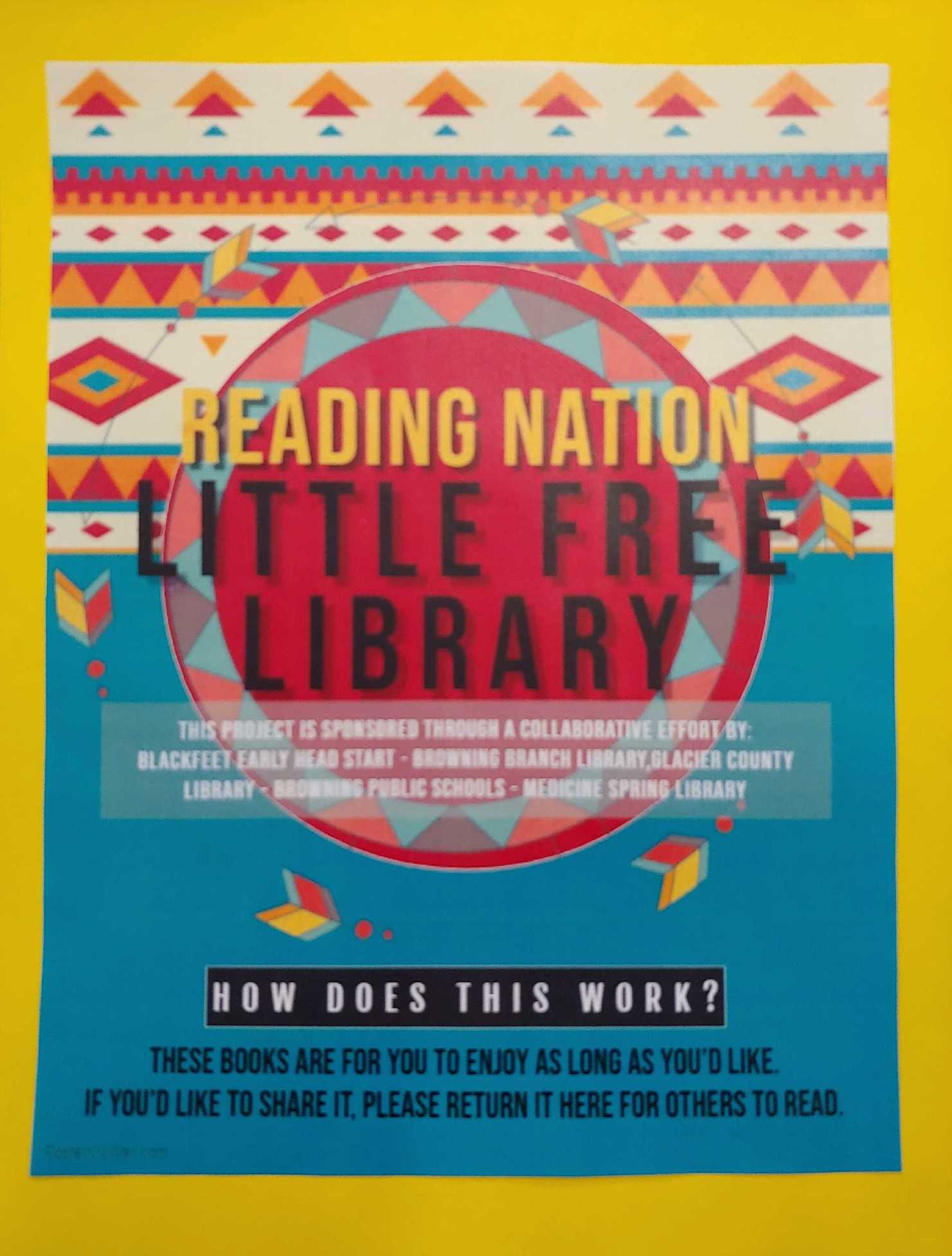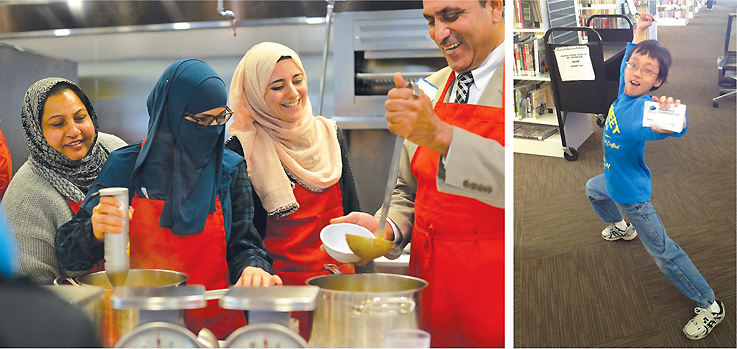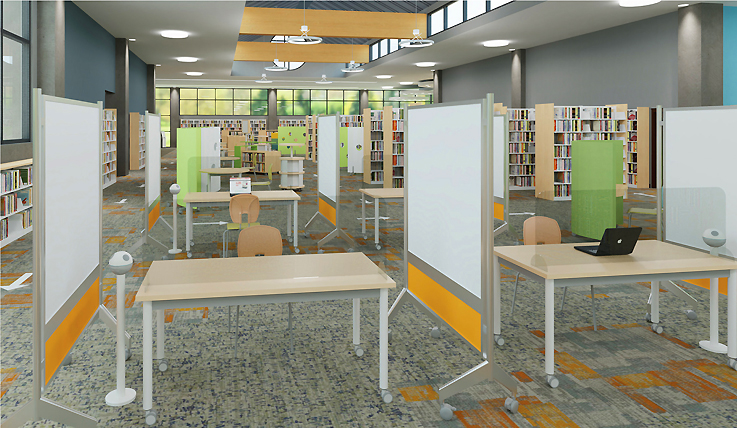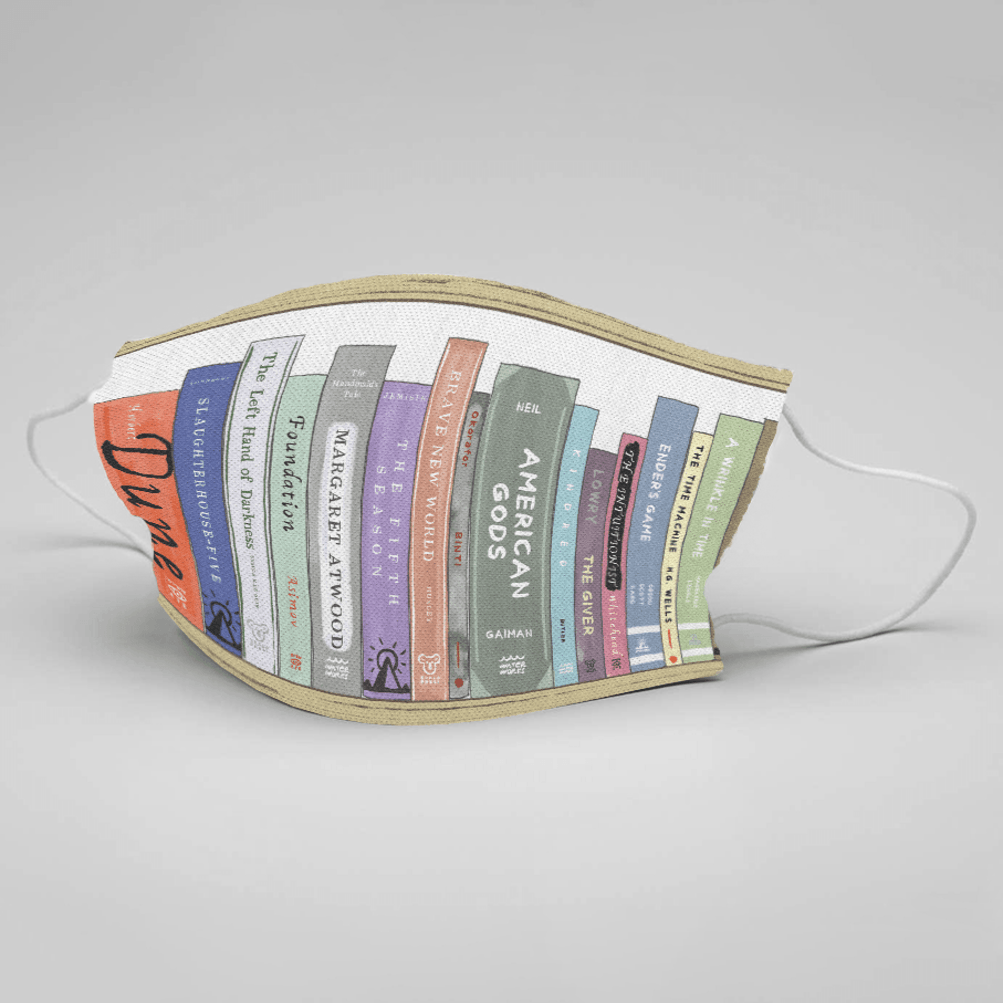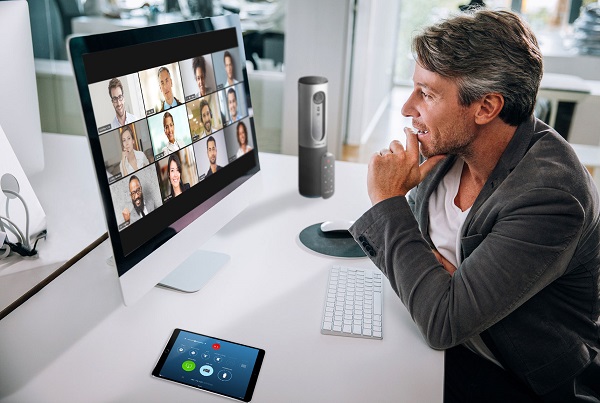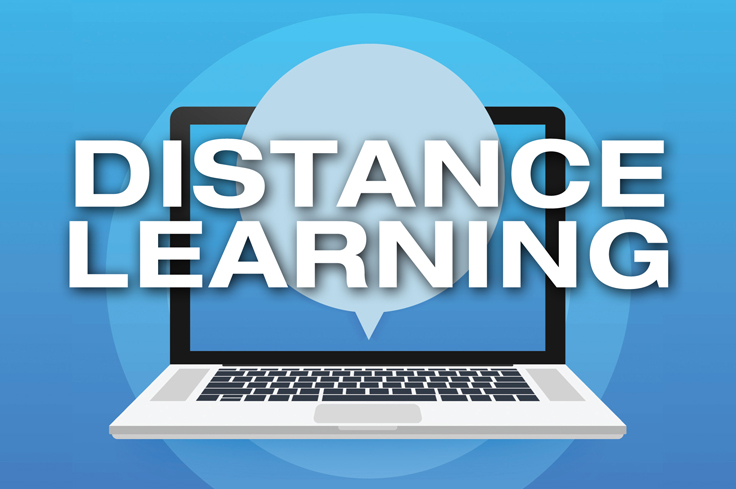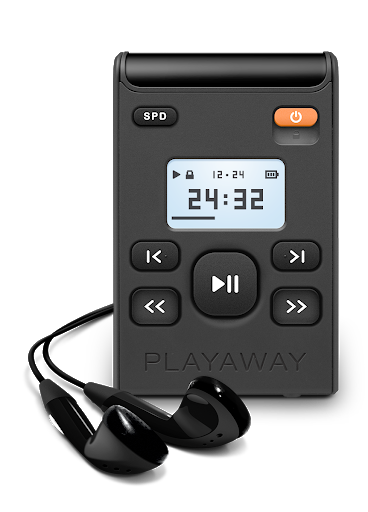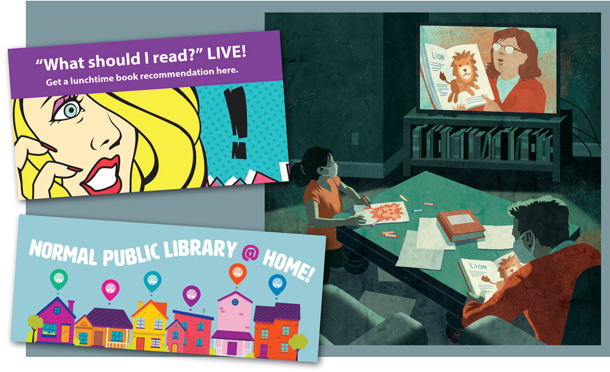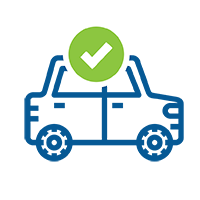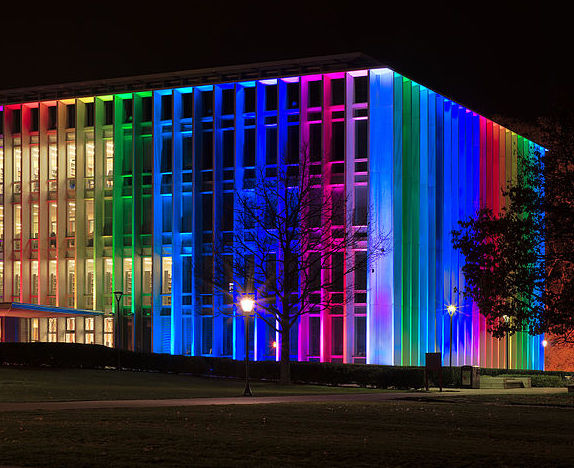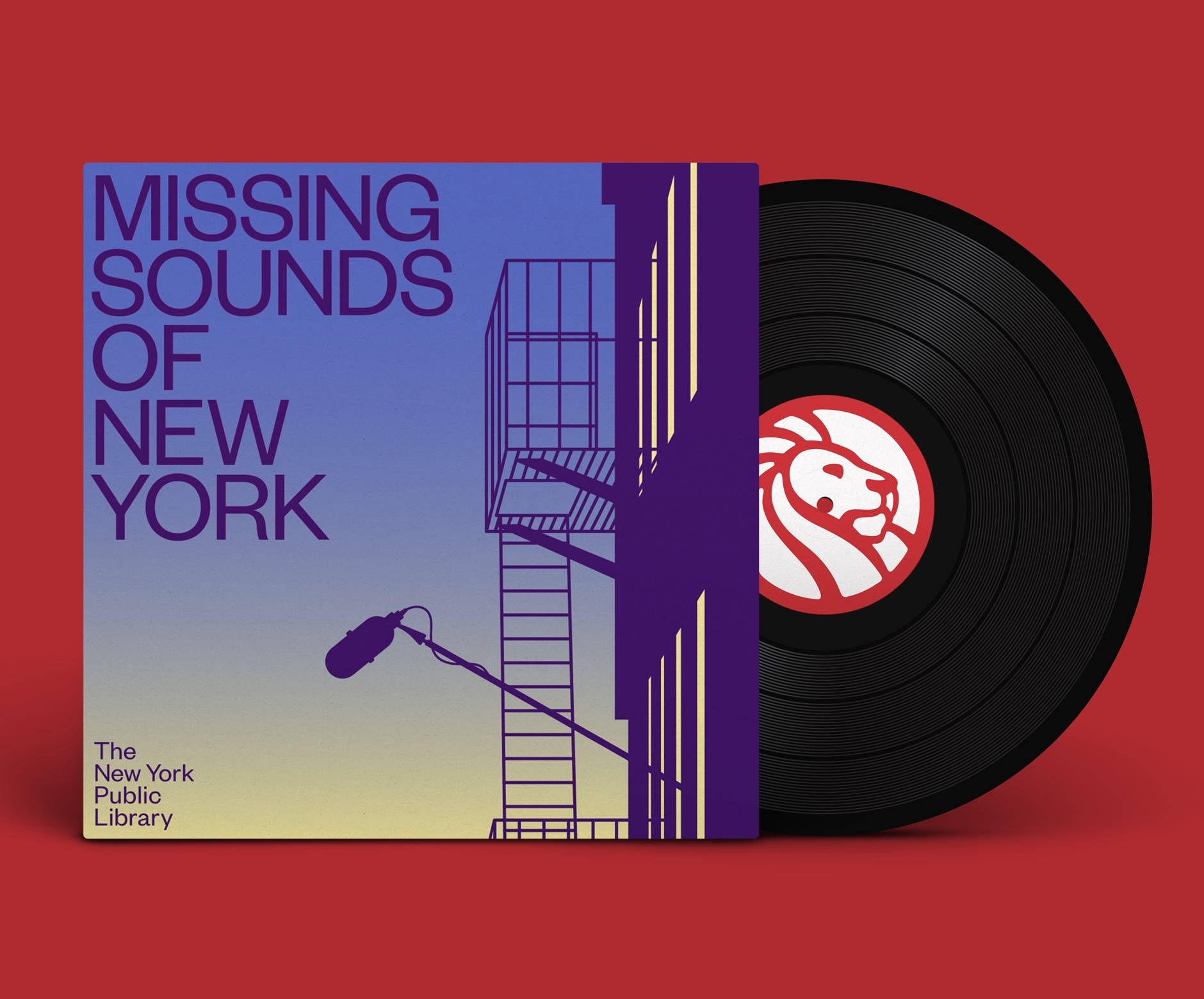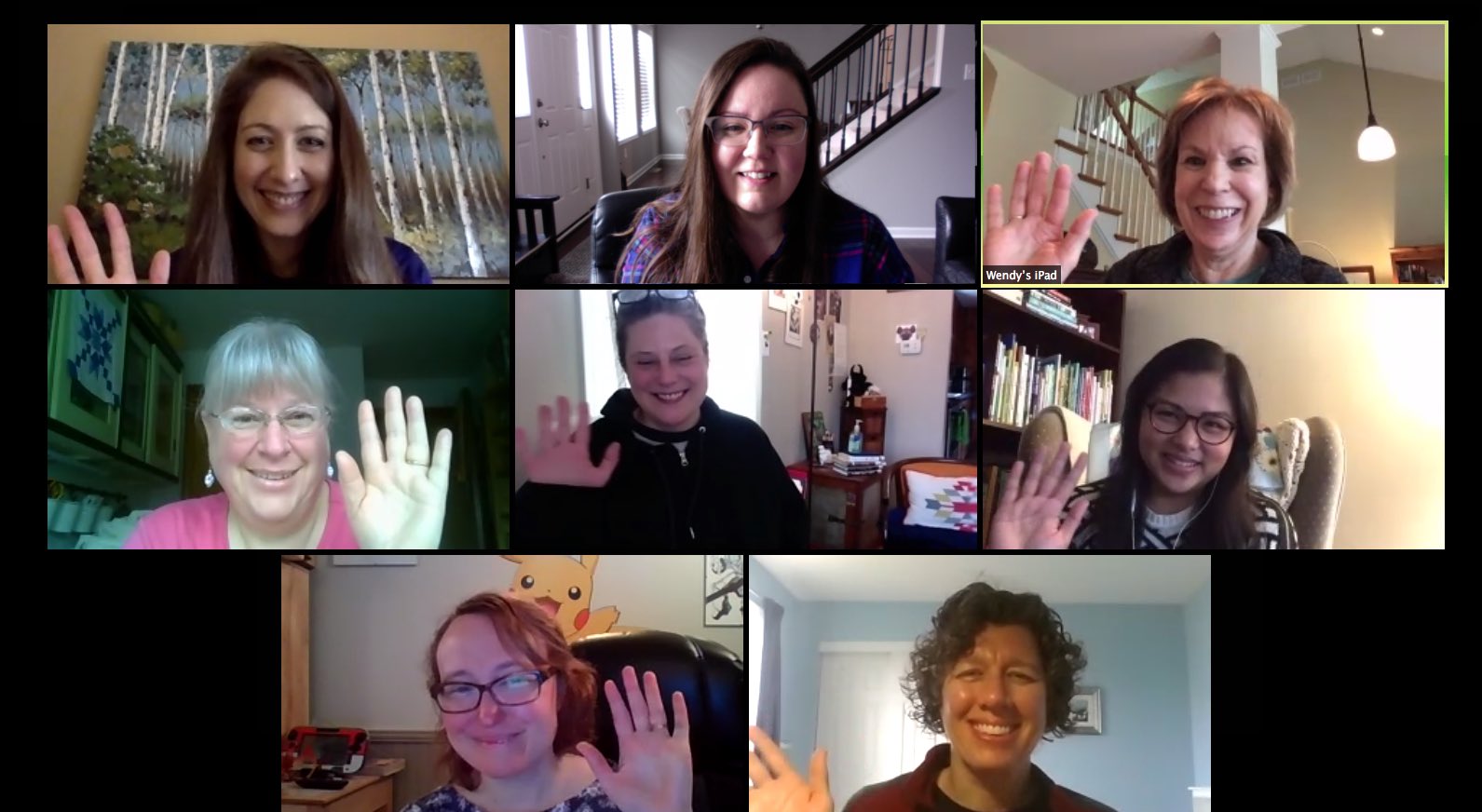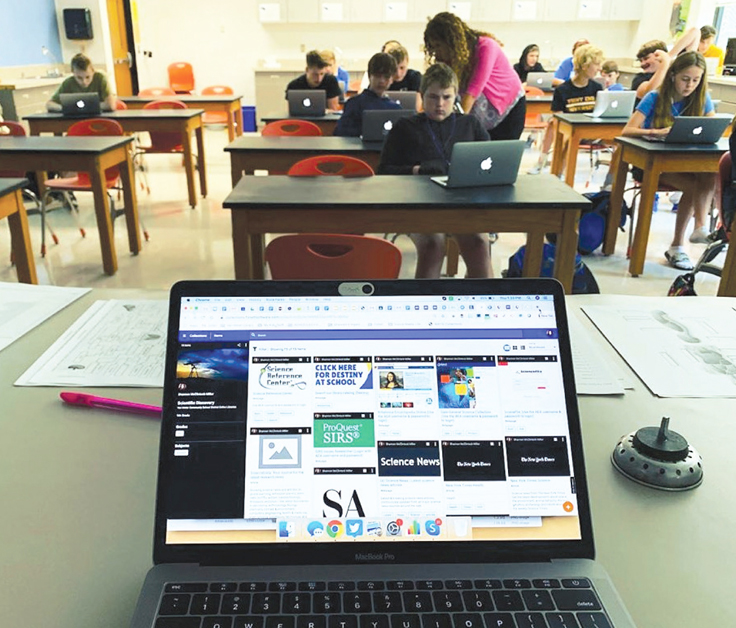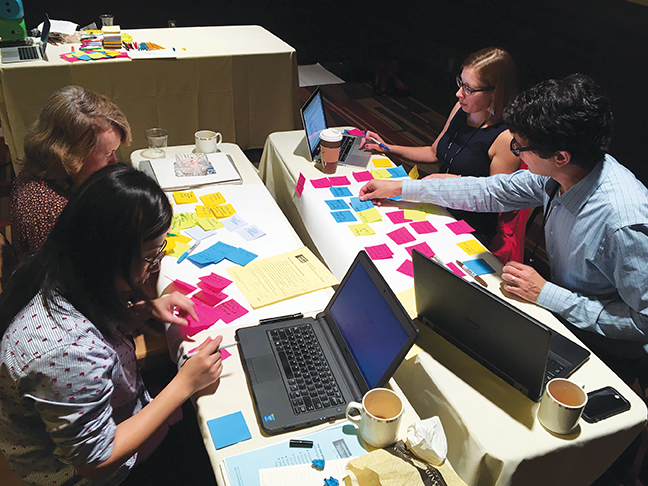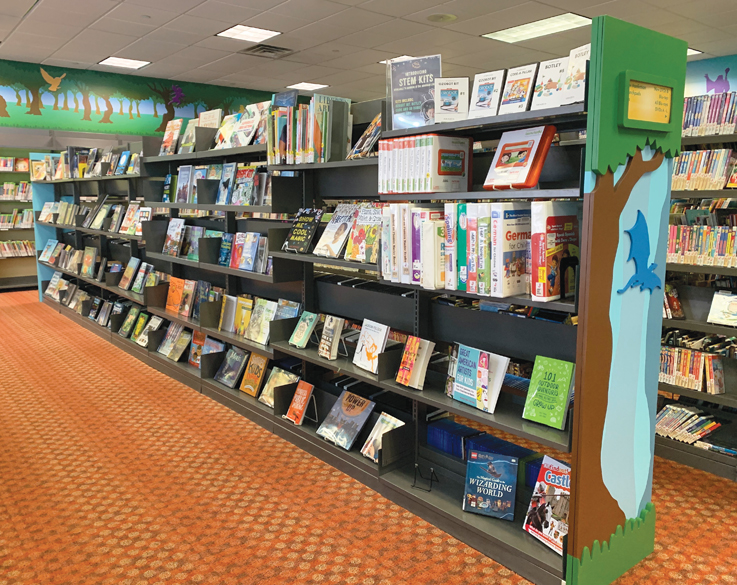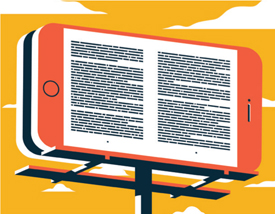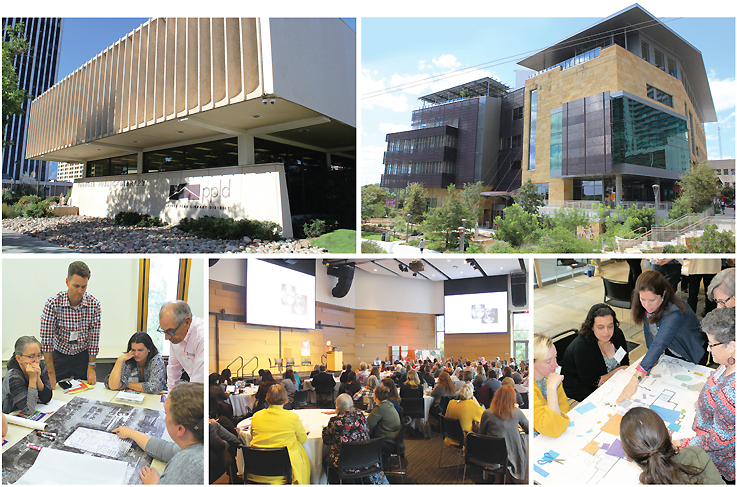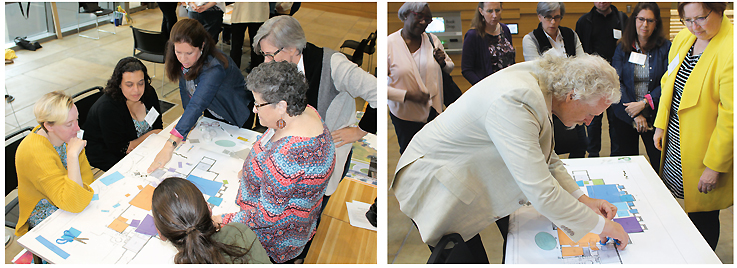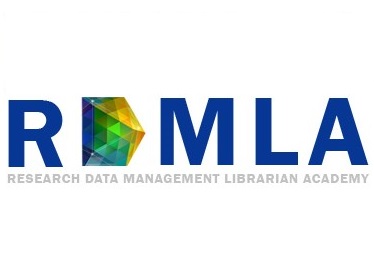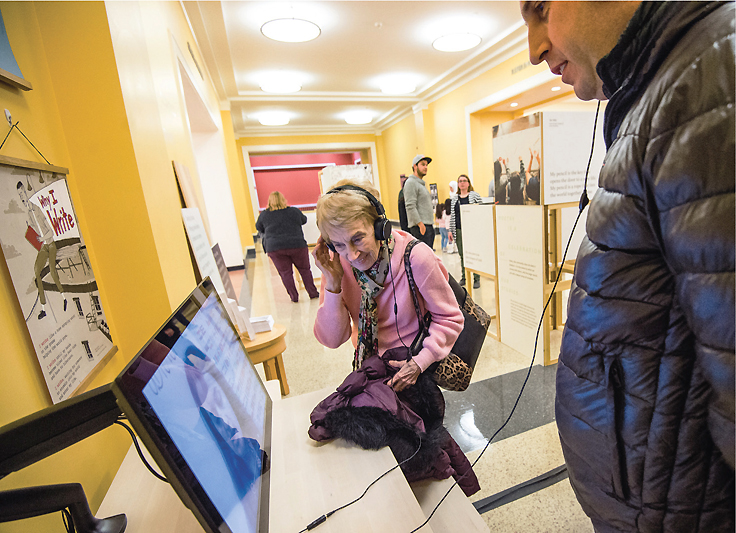Related
On October 3, the Urban Libraries Council (ULC) announced the six North American public libraries named as Top Innovators for 2024 as part of its annual Innovations Initiative.
In an effort to minimize student boredom while learning library information, Jacksonville State University (JSU) librarians implemented gamification―introducing game mechanics into non-game environments―which studies have shown can increase engagement and motivation, and in turn, improve learning across age groups and settings. JSU librarians Karlie Loren Johnson and Kimberly Westbrooks analyzed their results in “Quelling the Boredom with Alternative Instruction: Augmented Reality, Escape Kits, and Scavenger Hunts.”
The Digital Public Library of America (DPLA) and the Independent Publishers Group (IPG) today announced a new model that will give libraries ownership rights to ebooks purchased from Austin Macauley, Arcadia Publishing, Dynamite Entertainment, Dover Publications, JMS Books, and dozens of other independent publishers.
Nevada’s libraries have long been an important part of the state’s workforce development programs, and in June, the state’s Board of Examiners approved a new librarian-in-residence program for two municipal systems—the North Las Vegas Library District and the Carson City Library—that will boost those efforts. For two years beginning last month, these librarians-in-residence will facilitate an Individual Career Mapping and Training Delivery Model program developed by the Nevada Governor’s Office of Economic Development with libraries throughout the state. The program includes innovative features such as hands-on virtual reality “field trips” and access to NCLab’s Career Readiness Assessment to build STEM skills.
Marlon Moore isn’t one to sit back and wait for patrons to ask for assistance. Instead, he focuses on creating opportunities—and his contributions have earned the Miami-Dade Public Library System eight National Association of Counties Awards from 2013 to 2023 for unique and impactful programs.
Academic librarians are helping both students and instructors navigate the rapidly evolving field of artificial intelligence.
On Saturday, March 16, a standing-room-only crowd—especially notable for one of the first warm days of spring and the day of New York City’s St. Patrick’s Day parade—packed into Queens Public Library's (QPL) Queensbridge Tech Lab, a makerspace in the Long Island City neighborhood of Queens. Drawing them to the space was the Queens Name Explorer Edit-a-Thon, hosted by QPL’s Memory Project, Wikimedia NYC, OpenStreetMap US, and Urban Archive.
The Collaborative Institute for Rural Communities Librarianship (CIRCL), Gigabit Libraries Network, and 14 state libraries announce the launch of the State Libraries and AI Technologies (SLAAIT) Working Group,
As the information landscape continues to evolve, and people access knowledge and entertainment in very different ways than just a generation ago, the role of libraries in their communities is shifting. Using data can help librarians ensure the resources they provide are relevant to the needs of their users.
In 2019, Kent District Library’s human resources department (HR) set out to strengthen its approach to staffing the organization. Our goals were to create greater equity in the selection process through reduction of implicit bias; improve the viability of candidates through competency testing; and ensure the quality of hires to help reduce first-year turnover, improve the diversity of the workforce, and ensure their competency on the job.
With the sharp uptick in challenges to books with LGBTQIA+ and BIPOC subjects and authors, this year’s Banned Books Week (October 1–7) resonates strongly with library staff and users alike. Public, academic, and school libraries from Los Angeles to Maine have launched local anticensorship campaigns—and some, like Brooklyn Public Library's Books Unbanned and New York Public Library's Books for All, are providing access to removed or restricted books nationally. One such initiative, the Digital Public Library of America’s (DPLA) Banned Book Club, has been providing challenged books to readers across the country, via the free Palace e-reader app, since its launch in July.
Today, we're sharing the stories of three different libraries and how their decision to become data-driven is increasing patron engagement.
Often, medieval book bindings—as many as one in five from the 15th and 16th centuries—are reinforced with fragments of pages from older printed volumes that bookbinders considered obsolete. Without the option of dismantling precious books to reveal the fragments, specialists turn to x-ray technology to reveal words that have been hidden from view for hundreds of years. A team at the University of Iowa recently used familiar medical technology—a computerized tomography (CT) scanner—to do just that.
Design Institute Durham, held at the Durham County Library, NC, highlighted the need for ongoing communication among designers, architects, and libraries during all phases of a project.
At LJ’s 2023 Design Institute in Durham, NC, held at the Durham County Library on June 1, four libraries in Michigan, Alabama, and North Carolina enlisted architects and attendees to brainstorm on upcoming library design challenges.
Terrors abound in the library. Martian robots, Cerberus, and a Kraken are only a few of the miseries that have to be conquered. A team of collaborators must work strategically together to not only squelch those baddies, but contain them in their proper space—the book they came in. Sounds plausible, but this is not a worst-case book challenge scenario. Rather, it’s a short description of the new offering from Dissent Campaigns & Games called Library Labyrinth.
The Westport Public Library (WPL), CT, recently released Verso Records: Volume One, a 12-song vinyl album—hailed as the first vinyl record entirely recorded, produced, and released by a public library—recorded and produced within the library’s walls. An entirely nonprofit project, all proceeds from sales of the album (available on vinyl or digitally) go to Verso Studios, a state-of-the-art media production hub and venue housed in the library, and to WPL.
Some libraries have tested WISP Networks and CBRS to explore providing home broadband to their communities, and new satellite technology shows promise for rural libraries.
Our initial goals were to create a unique outreach event for our communities; give students, faculty, and staff an outlet for creativity and civic engagement; and provide student internship opportunities grounded in experiential learning. We felt that a live concert would be a great format, as music is an accessible art form and allows diverse voices to be heard.
Prince George’s County Memorial Library System, MD, last August hosted its first annual social justice summer camp. During five full days at five separate branches, groups of teens learned about the history of social justice movements along with project management skills to help effect change in their own communities.
To combat the digital divide, reduce barriers to service, and add even more ways to engage with the library outside our walls, Pioneer Library System took action to install solar benches in all the communities we serve.
LJ’s Design Institute in Missoula, MT, tackled new needs, tools, and techniques for library design in inspiring surroundings.
At LJ’s 2022 Design Institute in Missoula, MT held at the Missoula Public Library on September 29, five libraries in Idaho, Montana, Minnesota, Oregon, and California enlisted architects and attendees to brainstorm on upcoming library design challenges.
Hiveclass, a startup company building a “digital encyclopedia of youth sports training,” has been partnering with libraries throughout the United States to offer teens and youth access to its mobile-friendly database of professionally shot, athlete-led instructional videos on soccer, basketball, tennis, dance, self-defense, volleyball, and more.
In 2020, partner schools Monash University in Melbourne, Australia, and Penn State University in the United States decided that a friendly baking competition involving the two universities would hit all the outreach notes they wanted, spotlighting cookbooks from both schools’ collections and fostering worldwide connections during a stressful time. Now in its third year, the Great Rare Books Bake Off is a hit worldwide.
Elisandro Cabada has worn many hats during his career at the University of Illinois at Urbana-Champaign: Assistant professor for the university library, interim head of the Mathematics Library, and 3-D printing project coordinator, among others. His commitment to developing and using technology for library service and outreach won him a 2022 Movers & Shakers award. Library Journal recently reached out to learn more about his innovative work.
Youth Services Librarian Elaine Pelton from the Washington, DC Public Library shares how to have a successful Evil Laugh Contest virtual library program in 16 easy steps.
On April 2, the Miami-Dade Public Library System (MDPLS) in Florida officially opened the Westchester Library Health and Wellness Information Center. The branch is centrally located within Miami-Dade County, near the Westchester Regional Library, the county’s second busiest library location.
Higher ed nonprofit ITHAKA announced on August 18 that it has invested $2.5 million in Hypothesis, an open annotation service. Hypothesis, developed with funding from the Sloan, Mellon, and other foundations, enables users to make searchable annotations on text across all platforms and interfaces, at a private or public level—from notes and comments to corrections and addenda. And parent corporation Annotation Unlimited (Anno) envisions a time when this capability will be built into all browsers as a native feature, much like search engines.
The Las Vegas–Clark County Library District, in partnership with the Nevada Homeless Alliance and the Nevada Partnership for Homeless Youth, this spring launched a successful cell phone lending program to provide smartphones to people experiencing homelessness.
While many libraries built their own online book clubs, especially during COVID shutdowns, a growing array of larger options from library vendors and consumer-facing brands alike give libraries plenty of choices for connection.
After a two-year COVID hiatus on in-person events, LJ’s Design Institute returned to in-person convenings at New York Public Library’s reimagined flagship circulating library.
At LJ’s 2022 Design Institute in New York City, held at the New York Public Library's Stavros Niarchos Foundation Library on June 9, five libraries in Pennsylvania, Oklahoma, Illinois, Connecticut, and New Jersey enlisted architects and attendees to brainstorm on upcoming library design challenges.
Following a successful pilot test at Delaware’s Seaford, Laurel, and Milford libraries, the Delaware Division of Libraries (DDL) is preparing to roll out a new, comprehensive telehealth program to nine additional locations throughout the state by the end of 2022. The program was discussed in depth during “The First Statewide Library-Led Telehealth Initiative in the First State” presentation on June 26 at the American Library Association’s 2022 Annual Conference and Exhibition in Washington, DC.
On Earth Day 2022, Suffolk County, NY, Executive Steven Bellone announced a $12 million investment in electric vehicle charging stations. He chose the Lindenhurst Memorial Library—the second library in the country to be certified under the Sustainable Libraries Initiative’s Sustainable Library Certification Program—as the location for the press conference.
In the midst of the myriad problems facing libraries in the United States—from the pandemic to burnout to the drastic increase in materials challenges—I want to celebrate a big win: the shift to libraries as at-scale providers of home connectivity for the digitally disenfranchised in their communities.
The press freedom nongovernmental organization Reporters Without Borders (RSF, after its French title, Reporters Sans Frontières) has created a way for readers everywhere to access and read documents that have been banned or censored in the countries where they were published—through The Uncensored Library, a collection of articles and books housed in the virtual world of Minecraft.
Georgia’s Clayton County Library System has launched a new job training program that enables patrons to use virtual reality (VR) headsets to simulate hands-on experiences in various trades including plumbing, commercial and residential HVAC, and even solar panel installation.
Most public libraries feature family-friendly spaces: rooms where young children can play or read quietly, stocked with toys, digital media, or books. Recently, some academic libraries have been inspired to model similar spaces on their college campuses. Seeking to support students who are parents or caregivers, many college libraries are working to create more inclusive spaces with child-friendly resources.
The Institute of Museum and Library Services (IMLS), in partnership with the American Library Association (ALA), recently sponsored the development and publication of a series of seven Privacy Field Guides designed to offer practical information and hands-on exercises for public, academic, and K–12 librarians.
Openness, accessibility, democracy, and the dignity of the public. We at Brooklyn Public Library had these words in mind when we started to work on our 28th Amendment Project.
Machine learning (ML) tools can potentially help patrons discover relevant content and services as they search a library’s catalog. However, ML tools need to be trained with a lot of good data to generate good recommendations, and initially, contextual recommendations generated with high-quality library metadata may be more effective at achieving the same goal.
The LC Labs department of the Library of Congress recently published a comprehensive report on its Humans-in-the-Loop initiative, which crowdsourced volunteers to train a machine learning (ML) tool to extract structured data from one of the library’s digital collections. It also explored the intersection of crowdsourcing and ML algorithms more broadly. The project resulted in a framework that will inform future crowdsourcing and data enrichment projects at LC, and the report offers other libraries and cultural heritage institutions insights and advice for developing engaging, ethical, and useful crowdsourcing projects of their own.
Over the past 16 months, COVID-19 has forced public libraries to consider how to contribute to their patrons’ health and well-being. Anythink Libraries in Adams County, CO, has developed Renew, a new initiative designed to offer its participants both helpful programs and an online method of tracking their progress developing a lifestyle that is healthy physically, mentally, and emotionally.
A partnership between Las Vegas–Clark County Library District and the Regional Transportation Commission of Southern Nevada is bringing the library’s digital resources to every bus in town. Las Vegas transit riders, including out-of-towners, can now immediately access Las Vegas Clark County Library District’s treasure trove of free movies, ebooks, audiobooks, and magazines with one simple download, without physically being in the library or having a library card.
Collections are still important. But as libraries acquire more digital materials, they’re devoting less space to housing physical items. Instead, they’re creating flexible, multiuse spaces for people to gather, interact, and learn new skills. The modern library is a coffee house, a digital creation studio, a multigenerational meeting place, and much more.
A team at North Carolina State University Libraries has created the Global Change Games series to help engage students with global change topics.
Michigan’s Kent District Library (KDL) is preparing to launch KDL Vibes, a free streaming platform created to showcase local music.
UPDATE: The Round Two application window is now open through October 29; awardees will be notified in mid-November. Register here for a webinar about the award program and how to apply for the current round on October 14 at 3 p.m. Eastern.
Virtually every public library has something in its local history or current circumstances that could serve as the seed of a program that personalizes big-picture issues by focusing on their relevance to patrons’ own lives and communities.
The COVID-19 pandemic has proven a mental health crisis as many have dealt with isolation, grief, and loneliness. Gaming can provide a shared experience and a way to fill this void. Libraries have done wonderful teen gaming programs over the last year. However, there is also an adult audience for video games.
As an increasing number of patrons seek not only new jobs but new career paths, public libraries are upping their own skill sets with creative solutions.
Libraries of Stevens County (LOSC), WA, was honored to create a community program called Trail Tales in partnership with two other rural library districts in Northeast Washington. LOSC, North Central Washington Libraries, and Pend Oreille County Library District joined with the Colville National Forest and Upper Columbia Children’s Forest to create a reading experience to be enjoyed in the great outdoors.
When we talk about web usability, we are talking directly about our patron’s experiences in a library’s digital space, so rethinking how we do this work through the lens of antiracism is important.
LJ ’s first readers’ advisory (RA) survey in eight years found that RA is a growing practice, but librarians want more training and tools to do it better, particularly in genres they don’t read for pleasure. Can crowdsourcing help RA keep up?
Library gardens help address food insecurity, ease environmental impact, provide stress relief, and serve as pandemic-safe space for community connection.
“New digital technologies are bringing changes that are much more rapid and comprehensive than in the past to the way we live, work, and interact with one another. The idea that the recent advancement in digital technologies has reached qualitatively distinct stage of digital revolution is becoming more widely accepted,” explained Bohyun Kim, chief technology officer and professor for the University of Rhode Island Libraries, Kingston, during the "New Technologies of the Fourth Industrial Revolution: AI, IoT, Robotics, and Beyond” on demand presentation at the American Library Association's 2021 Annual Conference.
Libraries have been reinventing themselves for well over a decade, as the emergence of smartphones and ubiquitous connectivity has put access to information into nearly everyone’s hands. No longer just repositories of information, libraries have morphed into full-service community centers that aim to meet a wide variety of civic and social needs.
Rhody Radio, a collaborative podcast project of several Rhode Island libraries, has become a popular long-term programming outlet. The twice-weekly podcast, produced by library staff and community members, captures conversations, lectures, book reviews, and performances by Rhode Islanders; it is available 24/7 on rhodyradio.org and platforms such as Spotify and Apple Podcasts.
Whether gardening, sending up a rocket, or savoring an art exhibit, taking programs outdoors lets libraries offer in-person connection in line with COVID safety protocols.
Public libraries are seeing success with virtual murder mysteries, which vary in format from Zoom events to text-based games to videos.
Even before the pandemic emerged, libraries were investing in new technologies designed to save time and improve efficiency by supporting customer self-service, freeing up library staff to focus on more strategic work. COVID-19 has accelerated this trend and in the process, is transforming how libraries function in the 21st century.
University of Washington iSchool researchers present an overview of the Open Data Literacy project's work to date, and share highlights from a survey of the current landscape of open data in Washington State's public libraries.
UC San Diego Library Launches Art of Science Contest To Highlight Researchers’ Most Beautiful Images
On February 22, the University of California San Diego (UCSD) Library launched the inaugural Art of Science Contest, inviting UCSD researchers to submit the most beautiful image “that explains their work in a way that is both engaging and accessible to non-scientists.” The contest runs through March 21; voting will take place from March 29–April 18, with the winning images announced on May 3.
Next week, Sno-Isle Libraries, WA, will hold orientation sessions for its second cohort of aspiring IT professionals—nearly 50 residents of Snohomish and Island counties who will spend the next 25 weeks studying for CompTIA A+ certification, a common requirement for entry-level IT and computer service technician jobs.
When Baltimore County Public Libraries (BCPL) implemented its successful Lawyers in the Library program at its Essex branch in 2016, it was a way to offer legal help to those in need who didn’t have the means to hire a lawyer on their own. However, library staff began to realize that there was more that could be done. So the library and Maryland Legal Aid decided to create the Mobile Library Law Center.
Lack of reliable broadband access has long posed challenges for many rural communities. As the pandemic ramps up the need, libraries continue to help with innovative solutions.
Librarians Elaine R. Hicks, Stacy Brody, and Sara Loree have been named LJ's 2021 Librarians of the Year for their work with the Librarian Reserve Corps, helping the World Health Organization manage the flood of COVID-19 information.
Carnegie Mellon University Libraries has developed CAMPI, a new web application that uses computer vision to assist librarians processing digital photograph collections.
In Maryland, public libraries across the state have developed models for maximizing the impact of social justice–focused virtual programs by copresenting and cross-promoting selected events. Maryland libraries were able to rely on high quality programs from neighboring systems to provide a more robust lineup of virtual events.
Michigan State University will migrate to the open source FOLIO Library Services Platform, and will fully implement FOLIO in 2021, it announced today. EBSCO Information Services will provide hosting, implementation, training, and development support, and will leverage integrations with EBSCO Discovery Service and OpenAthens access management.
Wayne State University College of Education and the Walter P. Reuther Library Archives of Labor and Urban Affairs were recently awarded a joint $83,100 grant from the National Historical Publications and Records Commission to support the ongoing project, “Bridging the Gap: Archives in the Classroom and Community.”
As colleges and universities pivot to remote and hybrid models, their libraries must find new ways to welcome and orient new students.
Could librarian-curated Little Free Libraries be the next great outreach tool to help improve youth reading scores and strengthen community connections to libraries? University of North Carolina (UNC)–Greensboro Library and Information Science Associate Professor Anthony Chow thinks so.
From youth to adults, newcomers to lifelong locals, library literacy programs that work flex to achieve what matters to each patron—with an emphasis on practical, everyday, and community-building skills.
COVID-19 is accelerating the move to digital amid budget pressures; library vendors share what they hear from customers and how they're meeting rapidly evolving needs.
When the university moved to virtual instruction in March, Cornell University Library's Virtual Reference Response Team focused on building capacity in the ways we already connected with our remote users. Leveraging our Ask a Librarian suite of email, chat, and in-depth research consultations options became our primary concern.
As libraries offer essential services during the COVID pandemic, they face the added challenge of protecting the health and safety of staff and patrons. Necessary adaptations include effective and affordable personal protective equipment (PPE) for library staff, sanitization stations for staff and patrons, touch-free checkouts, the replacement of meeting room locks with digital contactless entry devices, and revamped floor plans and public spaces.
With some libraries reopening for at least limited services, and many others doing curbside pickup, face masks are a necessity for library workers and patrons alike. These library- and book-themed offerings can make it fun and show your library love all over your face.
Online meetings have become ubiquitous for many of us. Once our library started offering Virtual Meeting Rooms to the public via Zoom, we immediately began fielding questions on how to best structure online events. Since how an event is structured has such a large impact on its success, we wanted to share some best practices we’ve learned.
When the COVID-19 pandemic shut down campuses, libraries helped salvage spring semesters by supporting distance learning. Plans for fall remain in limbo, but academic librarians share what they’ve learned.
School and public librarians are joining forces to help socially distanced kids finish the school year and stay strong through summer.
In response to coronavirus shutdown orders that have left public library branches closed across the country, Playaway—developer of products including Playaway pre-loaded audiobook devices, Wonderbook read-alongs, and Launchpad pre-loaded tablets—recently began offering its customers the option to ship products directly from the company to patrons’ homes.
With buildings closed to flatten the COVID-19 curve, libraries respond with a rapid pivot to contactless service.
As states and cities suspend coronavirus-related shutdown orders, two library apps—ConverSight LIBRO and CapiraMobile—are introducing curbside pickup features that will enable library staff to fulfill requests for books and other physical materials while maintaining social distancing recommendations and minimizing personal contact with patrons.
Carnegie Mellon University librarians have initiated a new service, Remote Book Delivery, which allows them to order print materials from vendors and have them sent directly to students whose workflow has been disrupted by the COVID-19 pandemic, and who may not be able to find the books they need online. The service will help students like Sofía Bosch Gómez, a CMU doctoral student in transition design, to get the resources she needs to finish her dissertation from her Mexico City home.
If it’s just too quiet for you nowadays, libraries have your hookup. Part of the reason many remote workers used to prefer a coffeeshop—or the library!—to working from home was the right kind and amount of sound—enough to be companionable, but not distractingly too much.
With most library buildings temporarily closed to combat the COVID-19 pandemic, some libraries are combining the need for meeting space with the shift to digital service delivery.
Public libraries are using new vendor solutions to enhance local schools’ ebook and audiobook collections, creating a new generation of library users.
By working with local experts on civic open data projects, libraries can become the heart of the smart city.
Merchandising can be implemented strategically at libraries, just as it is in retail, and can increase circulation, stimulate robust discussions, and generate foot traffic. To drive circ, how you showcase your materials can be as important as what you buy.
Over the years, public libraries have expanded their electronic collections. The evolution of library interfaces has allowed many physical services to extend into a digital space, empowering patrons to check out ebooks, read magazines and journals, stream movies, listen to audiobooks, and more. The demand for digital collections only continues to grow.
When creating sustainable library designs, planners start by looking at elements that can be reused. Much inspired and practical design has emerged by repurposing and building on or around what already exists: structures, materials, public spaces, personnel—and, as two recent Library Journal Design Institutes in Colorado Springs and Austin demonstrated—community.
At LJ’s 2019 Design Institutes in Colorado Springs, CO, held at the Pikes Peak Library District (PPLD) on September 13, four public libraries in California, Idaho, Texas, and Arizona enlisted architects and attendees to brainstorm on upcoming library design challenges.
Ithaka S+R recently released the third phase of its multi-part Community College Libraries and Academic Support for Student Success (CCLASSS) project, which examines student goals and challenges, and how community colleges and their libraries can work together to serve them. The resulting report, “Student Needs Are Academic Needs,” affirms that while libraries can—and do—play a critical role in student success initiatives, they are not always the partners that come to mind first.
Innovation comes in different forms. Library leaders support staff to achieve innovation that establishes the library as an organizational or community innovator. Using the right terminology makes a difference.
Simmons University School of Library and Information Science has partnered with seven academic health sciences and research libraries and science publisher Elsevier to establish the Research Data Management Librarian Academy (RDMLA), a free online professional development program. RDMLA launched on October 7.
The dark web offers something that few online platforms can or will: a very high level of anonymity. Many people use the dark web for legitimate, anonymous information seeking purposes: those who live in high-censorship countries, who identify as transgender, and who are undocumented immigrants. These people have a right to access information and need privacy protections.
In times of tight budgets and fewer staff members, passive programming—temporary, self-directed activities or exhibits that users interact with in their own time—can answer a library’s need to engage patrons with less funding and fewer human resources. Many libraries have taken the idea a step further, creating initiatives that don’t require active staff interaction or dedicated program hours, but still interest and challenge patrons, address specific community needs, and even contribute to a library’s greater mission.
ALREADY A SUBSCRIBER? LOG IN
We are currently offering this content for free. Sign up now to activate your personal profile, where you can save articles for future viewing
